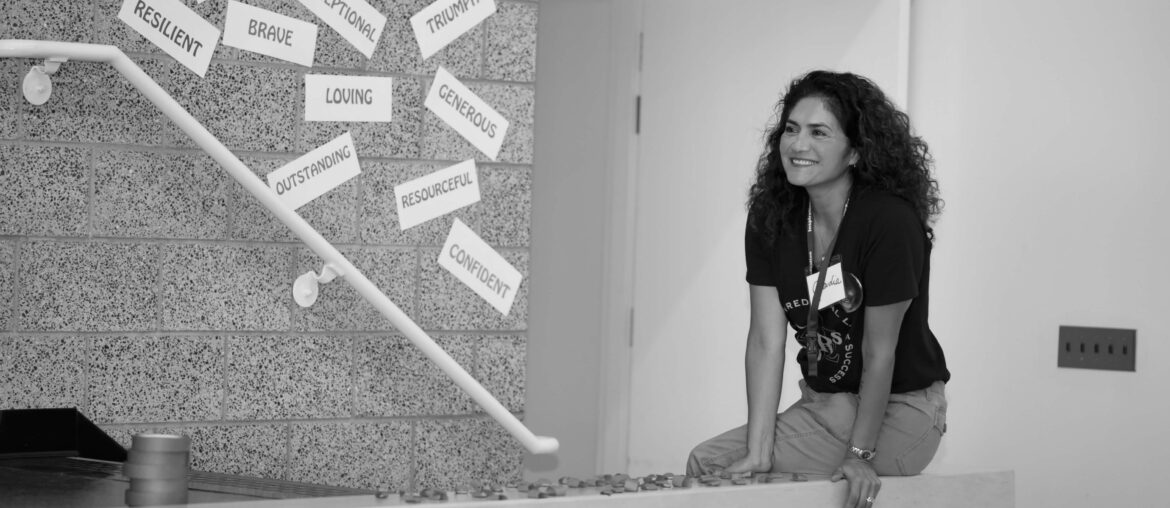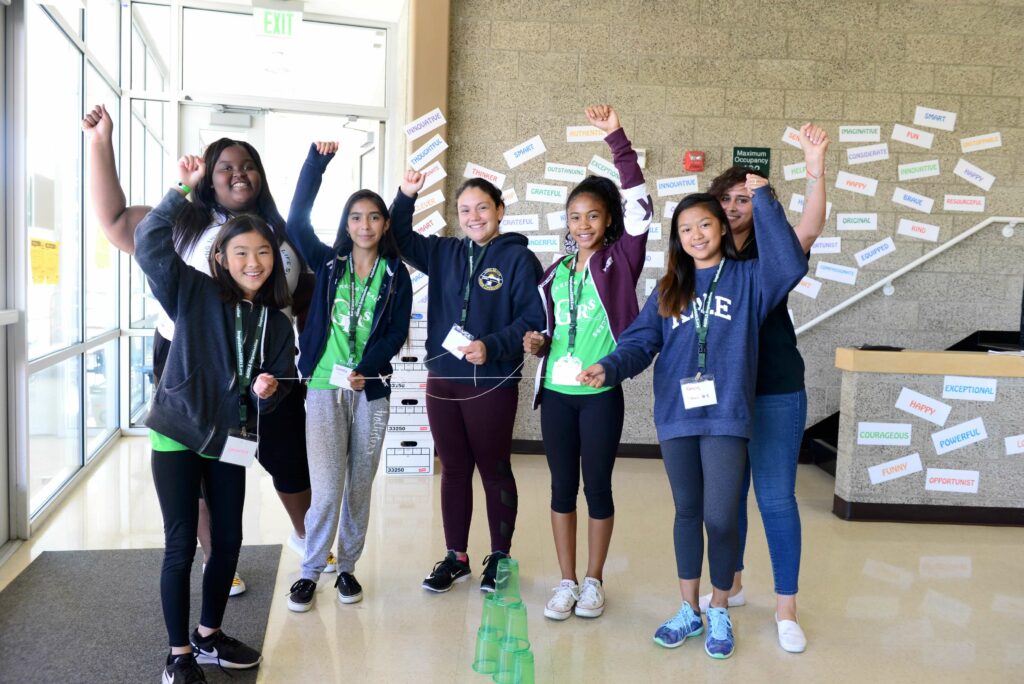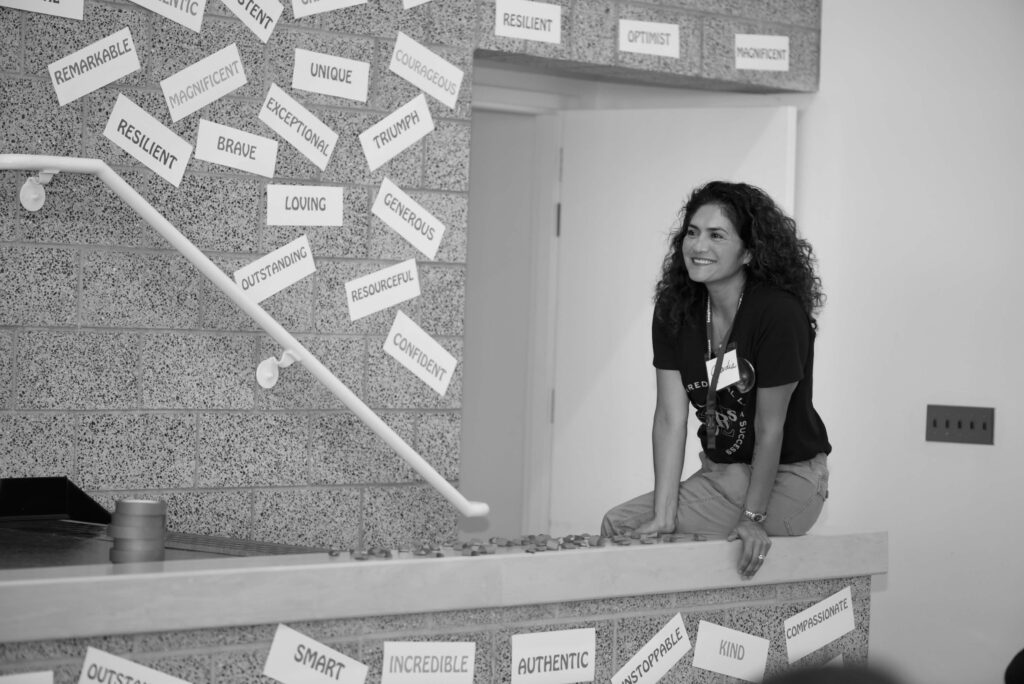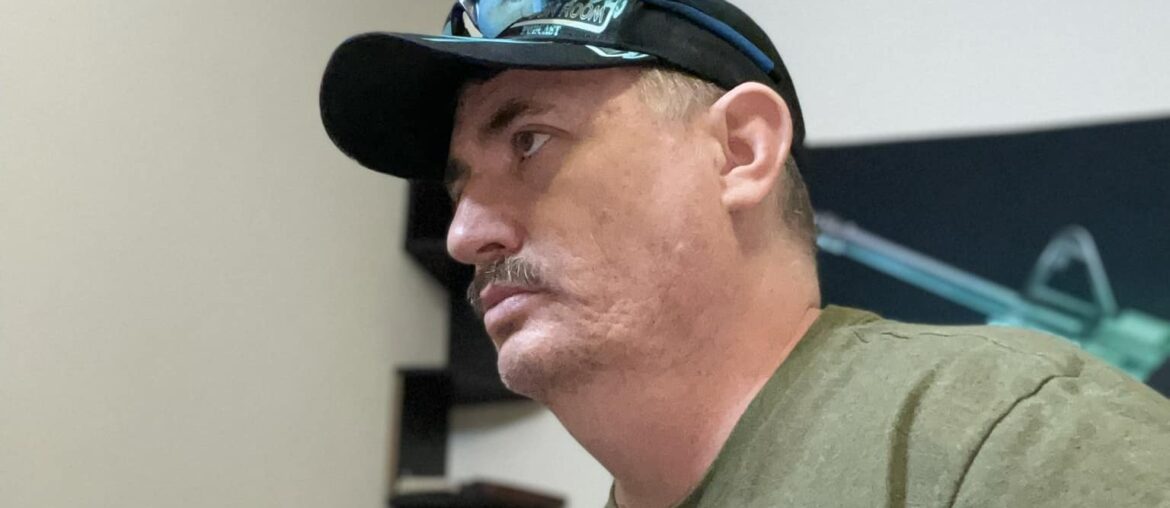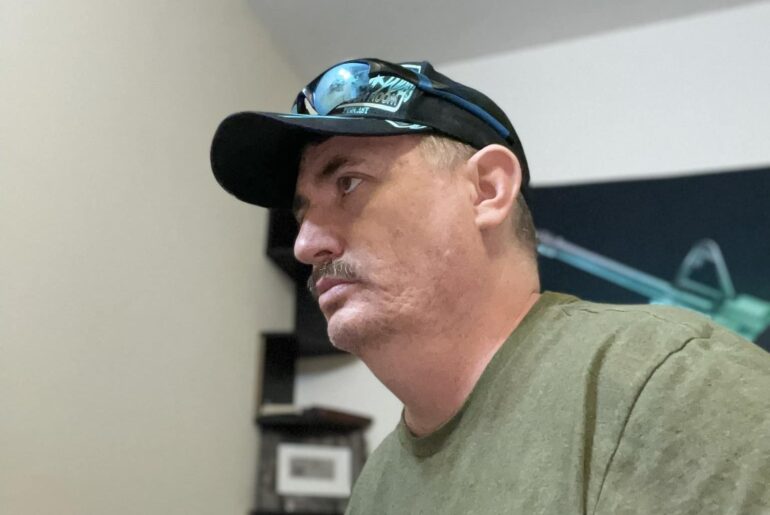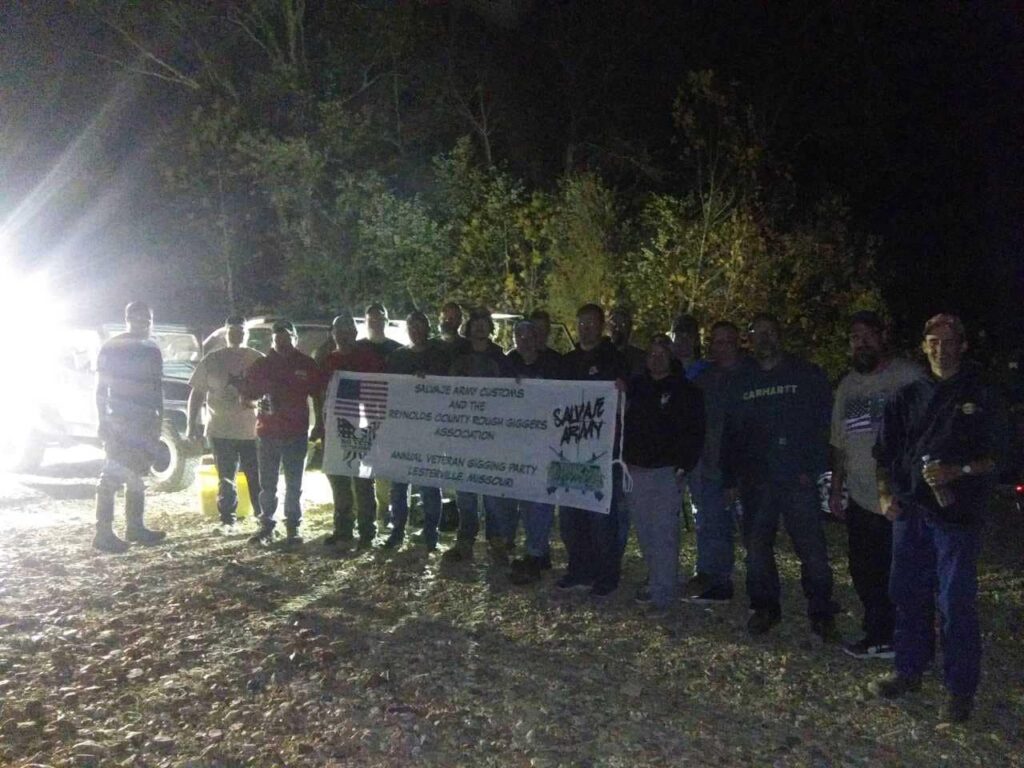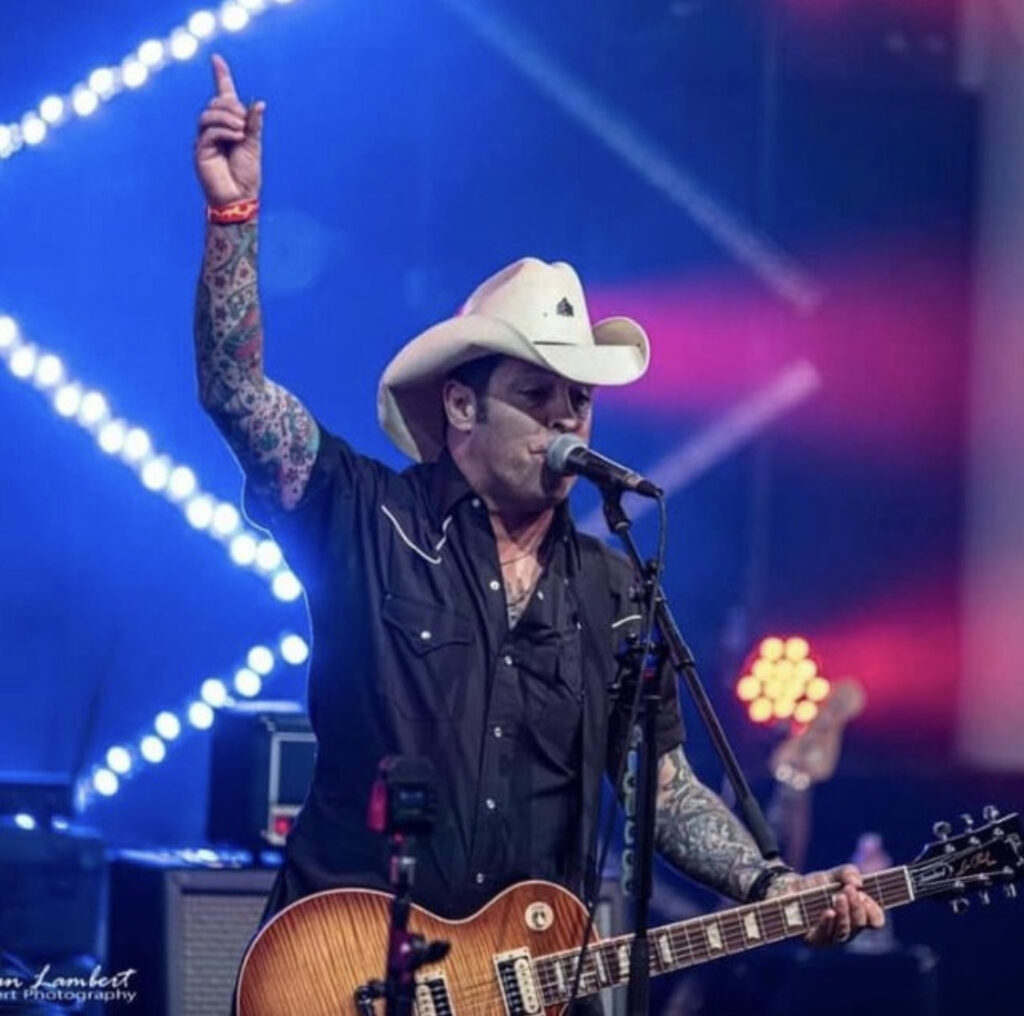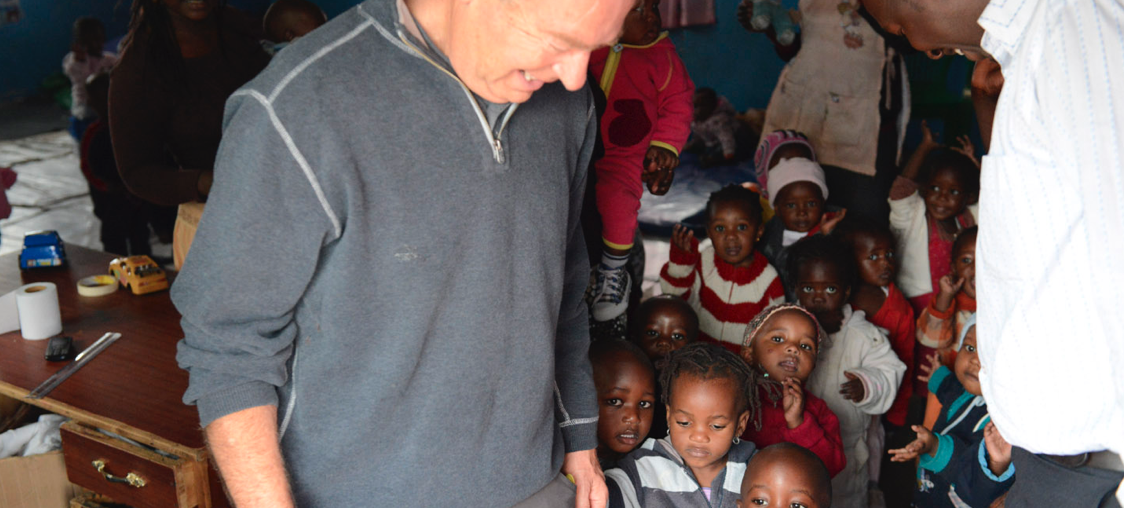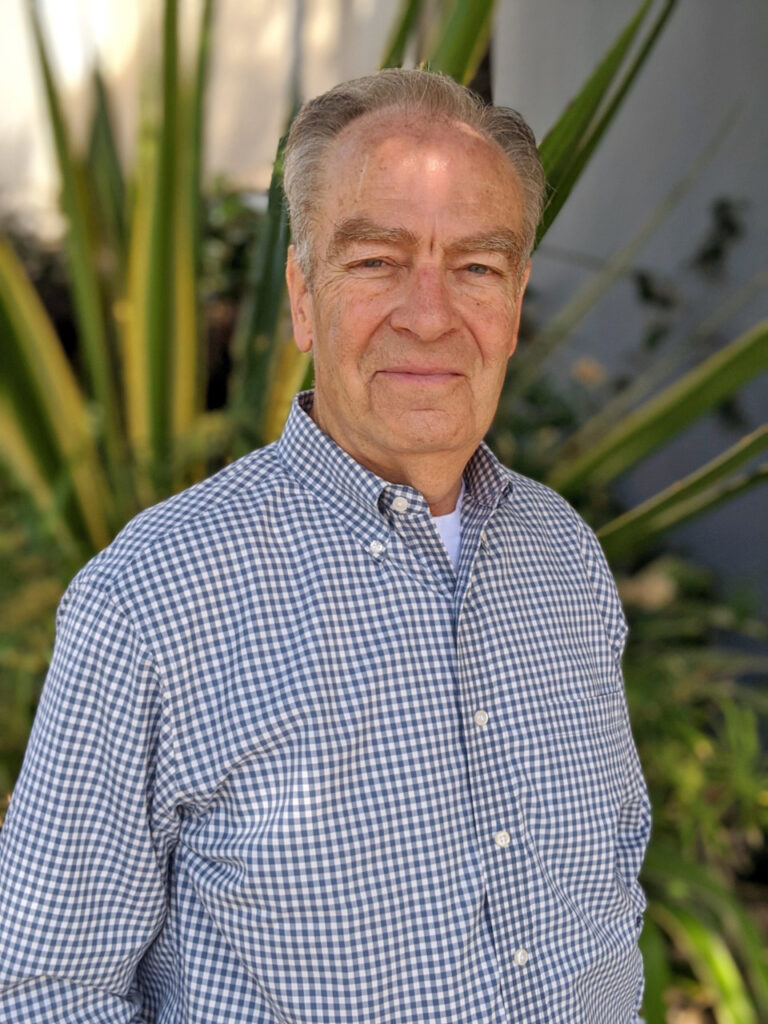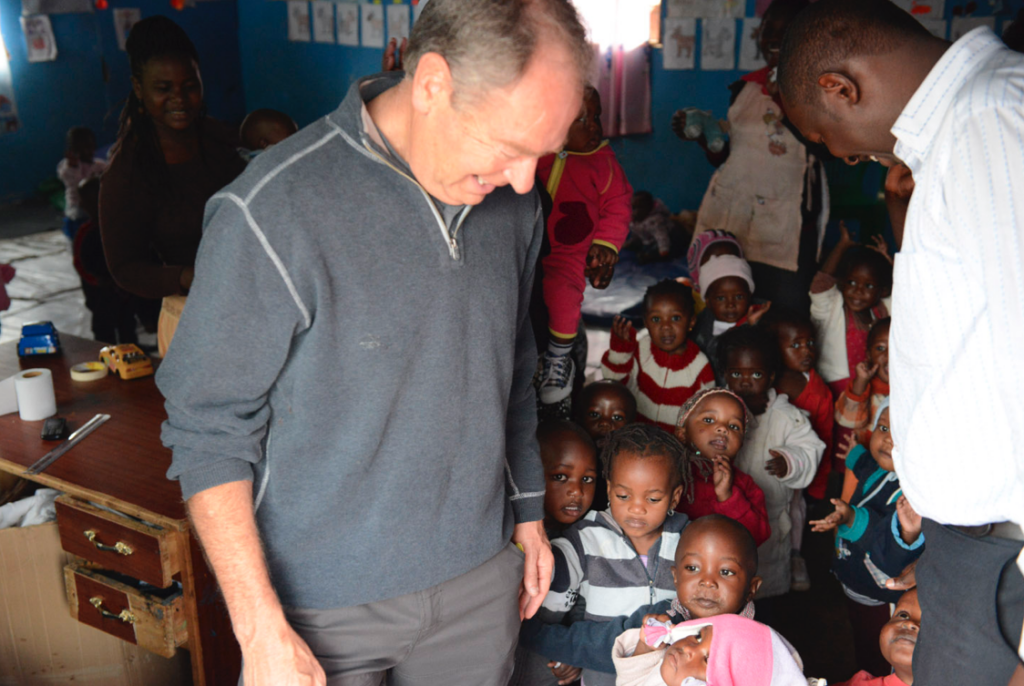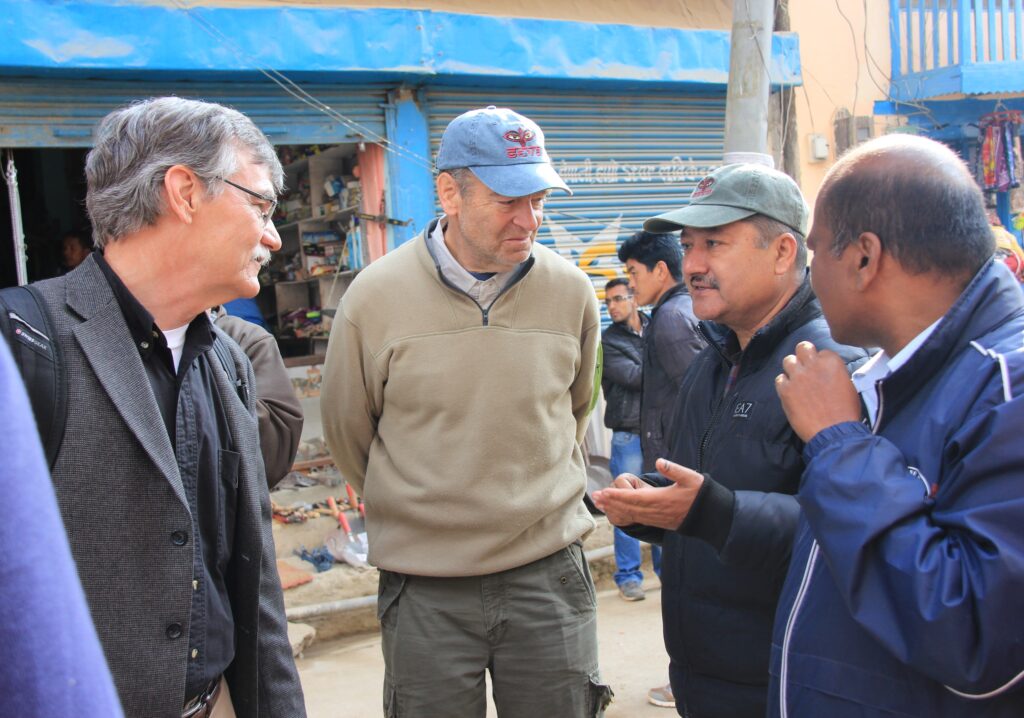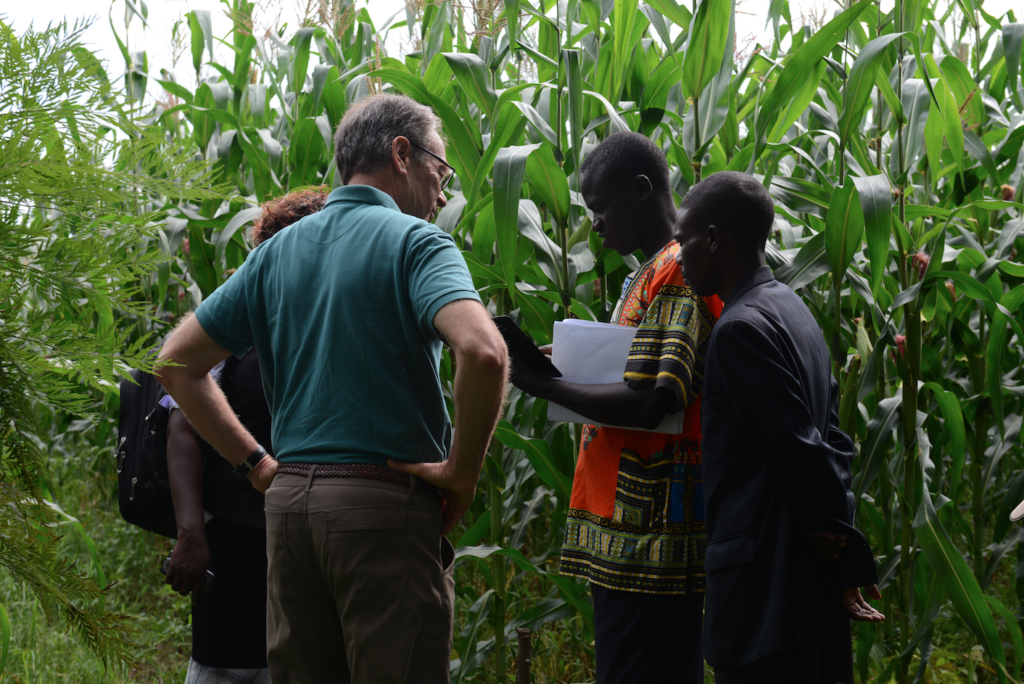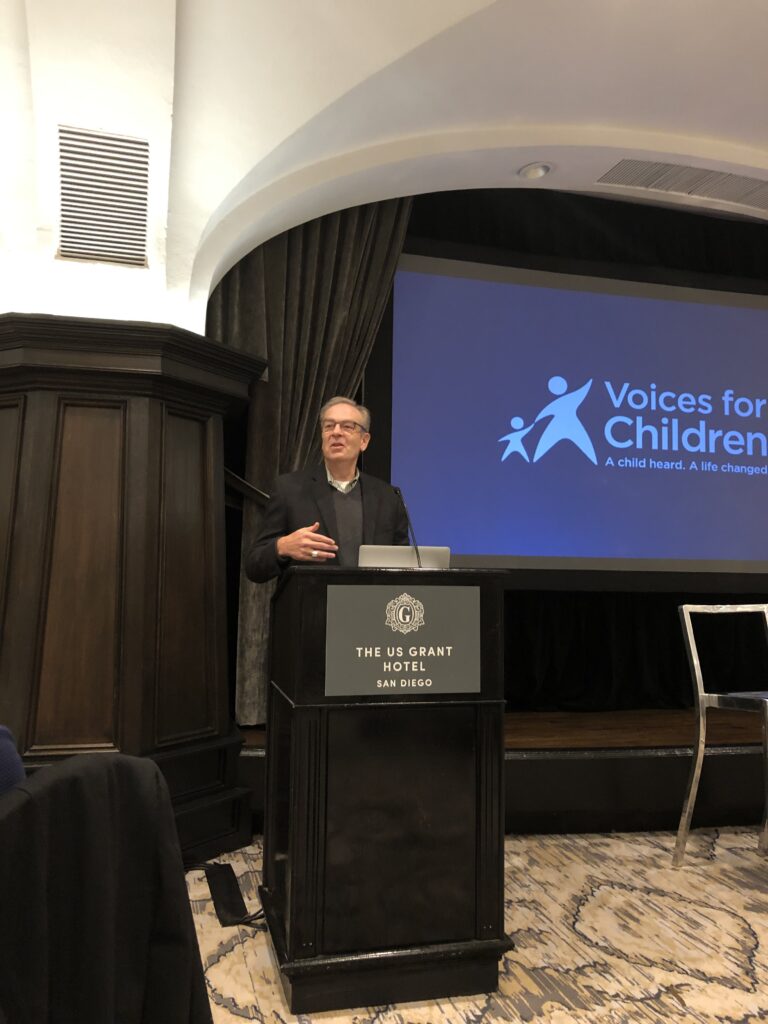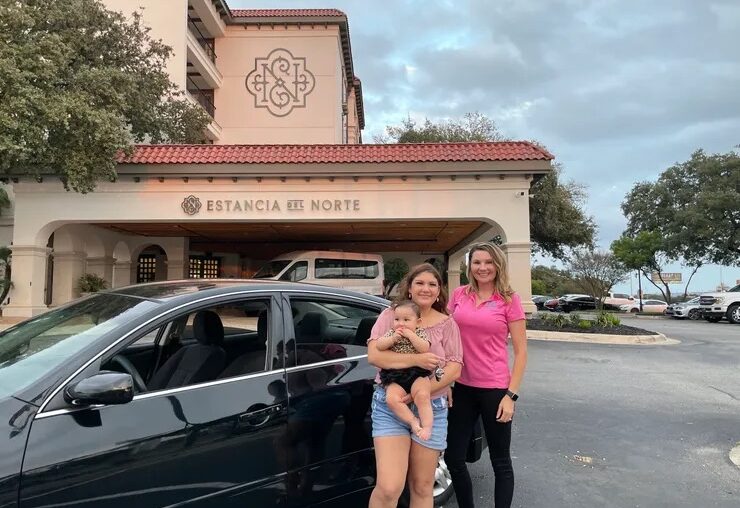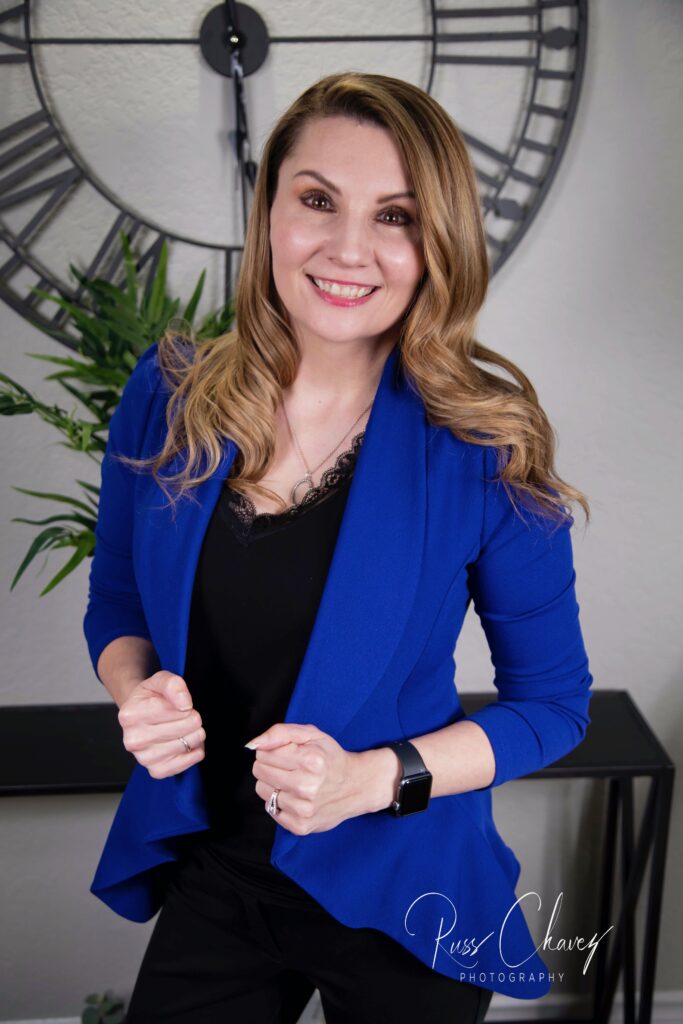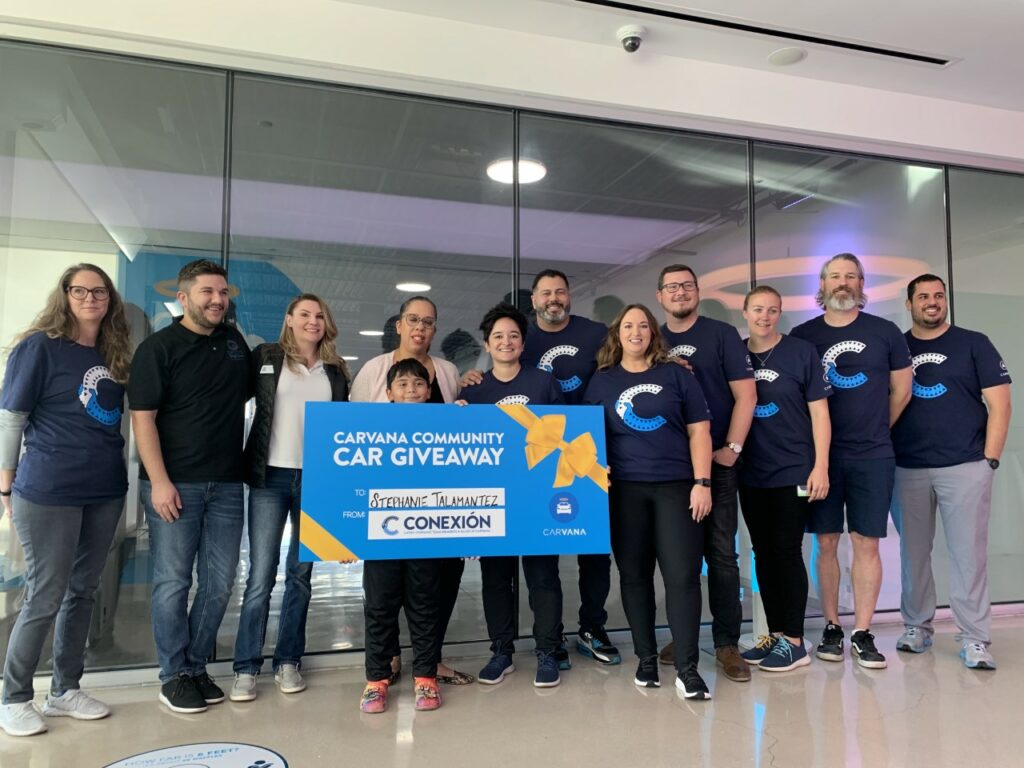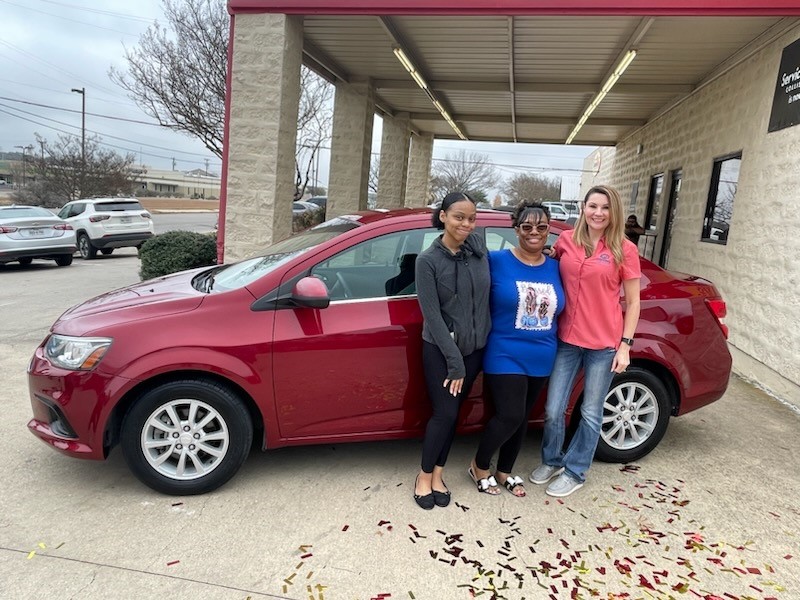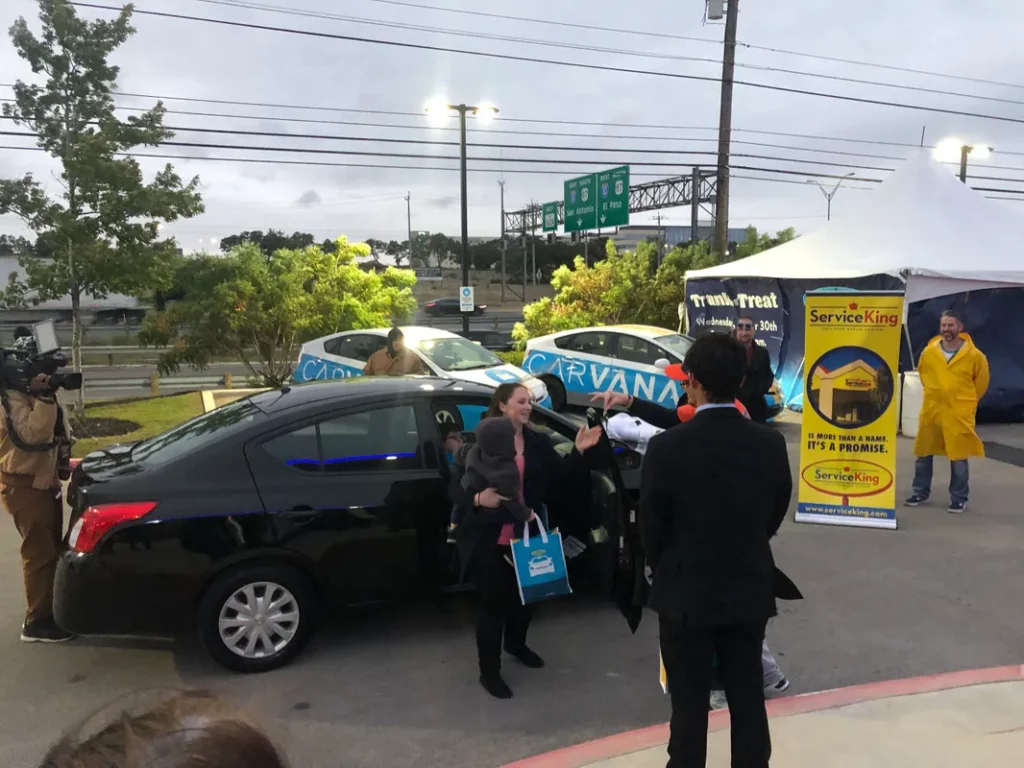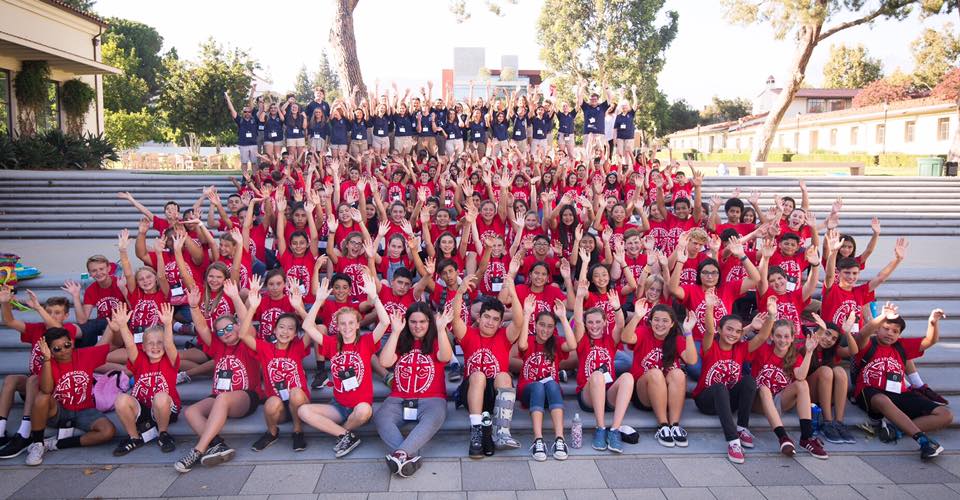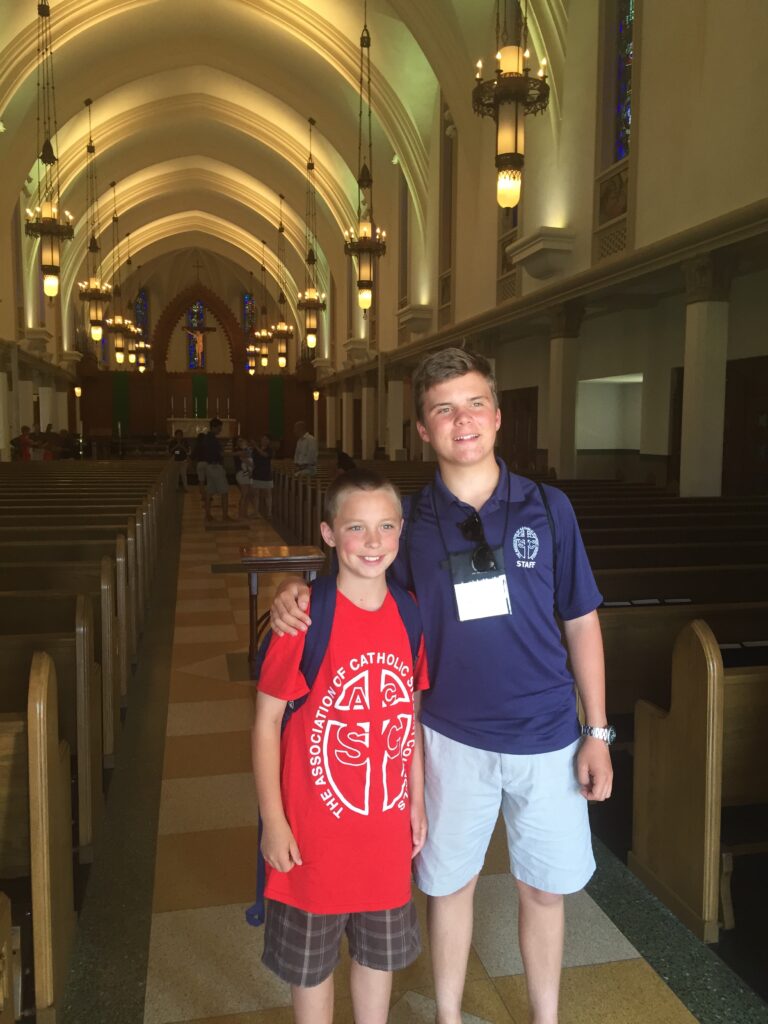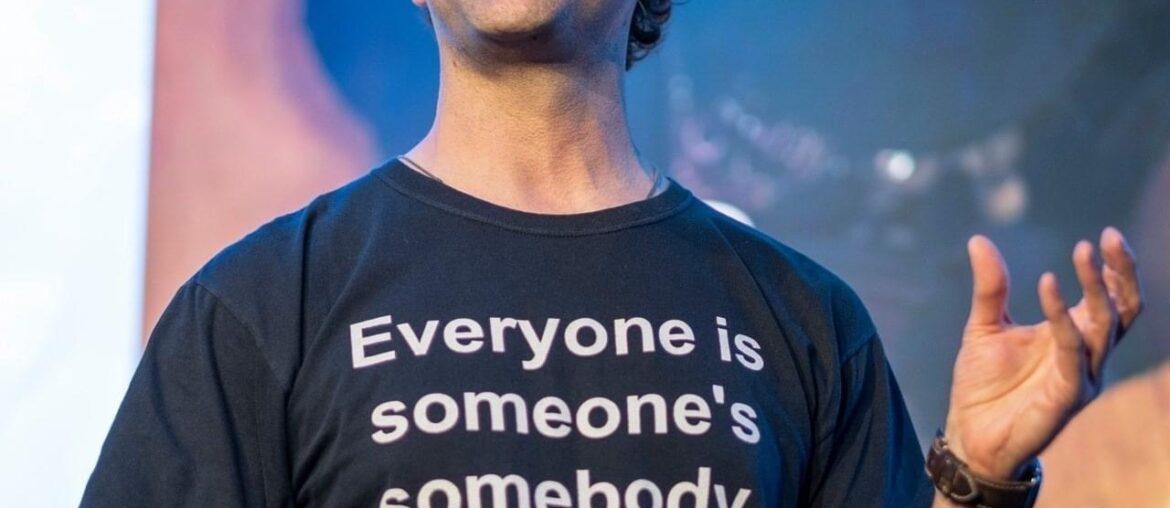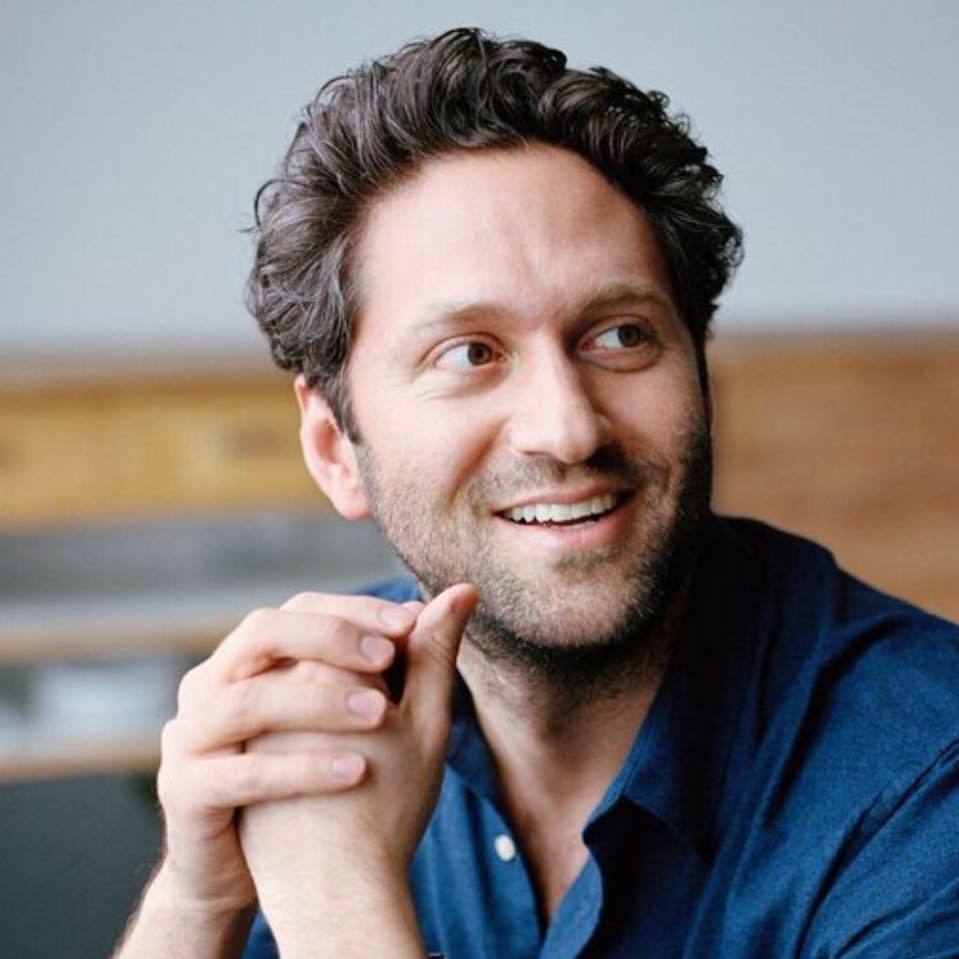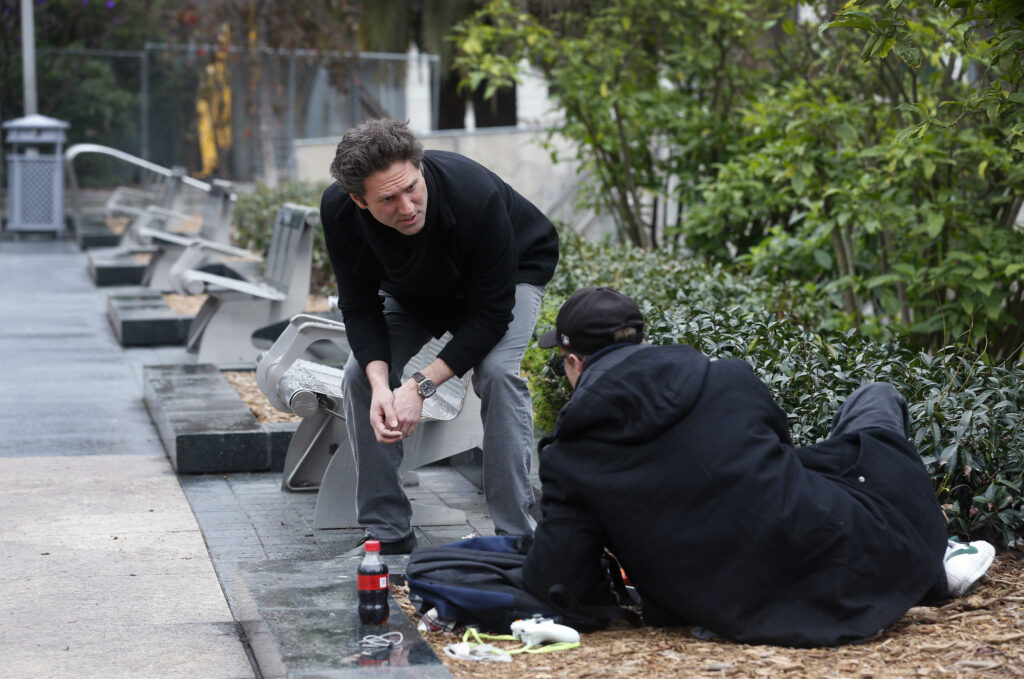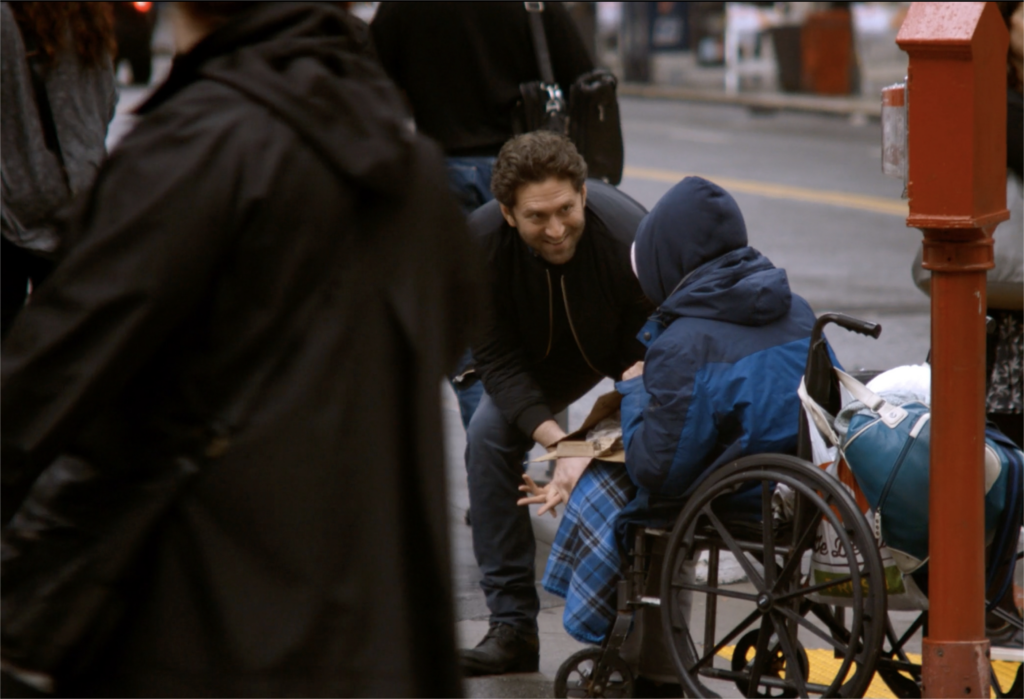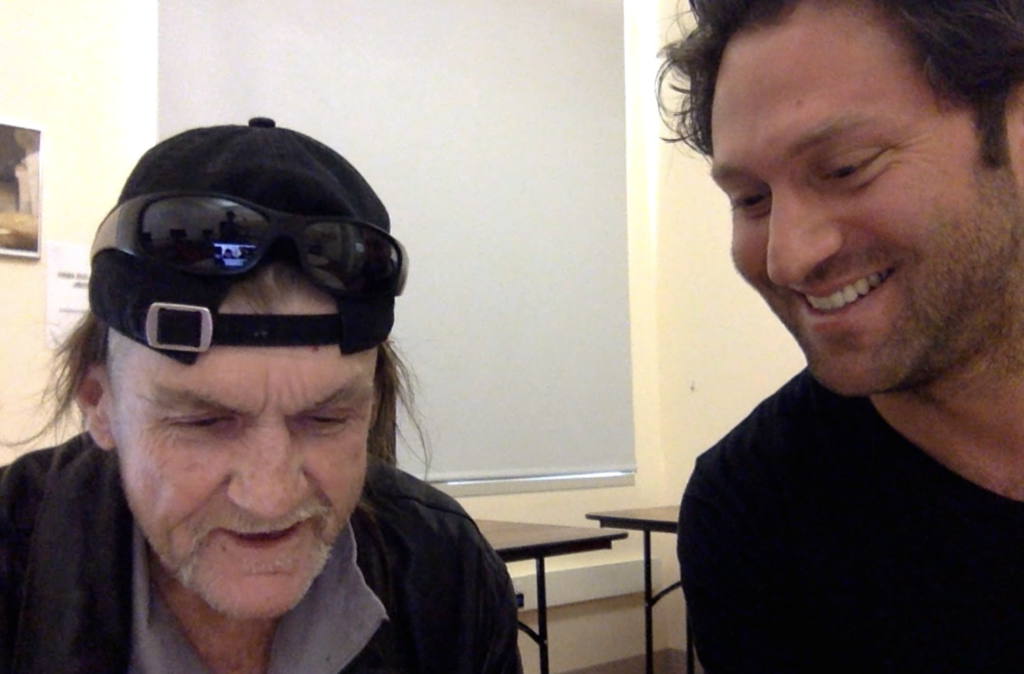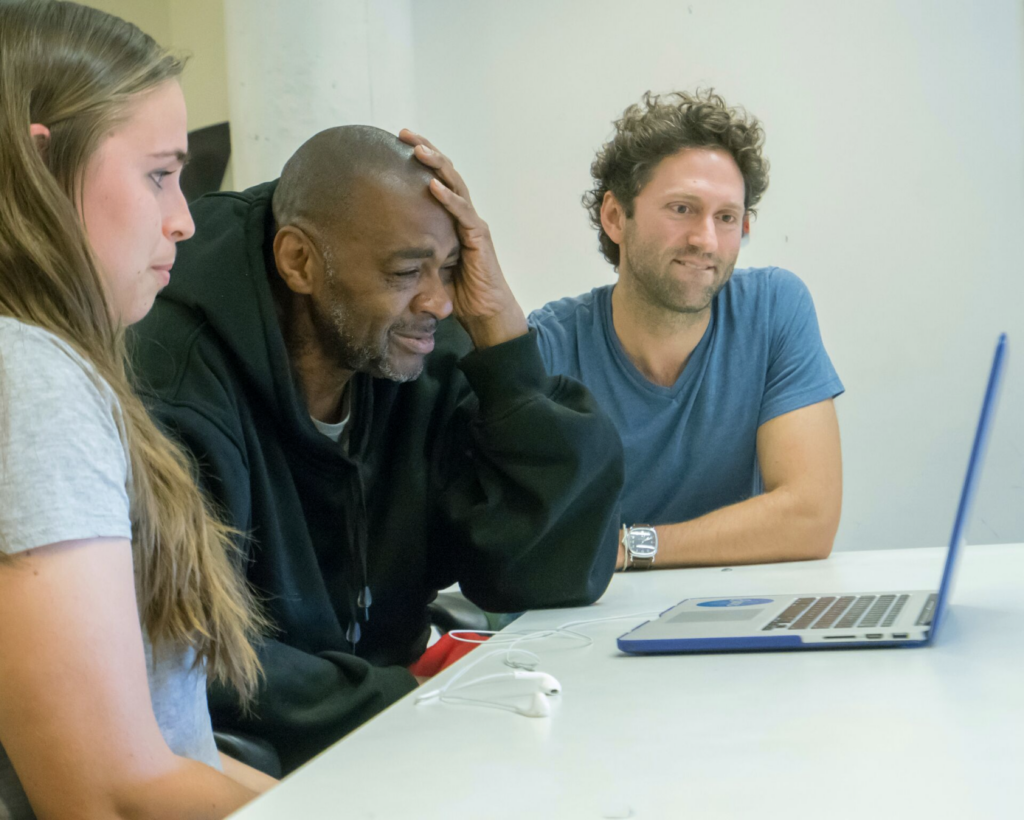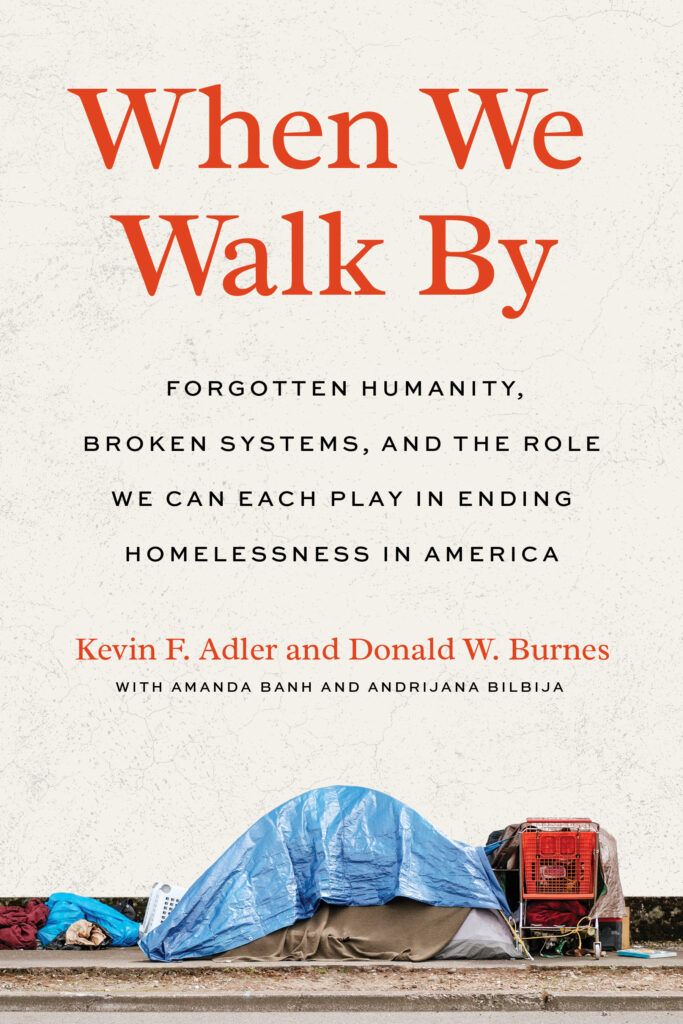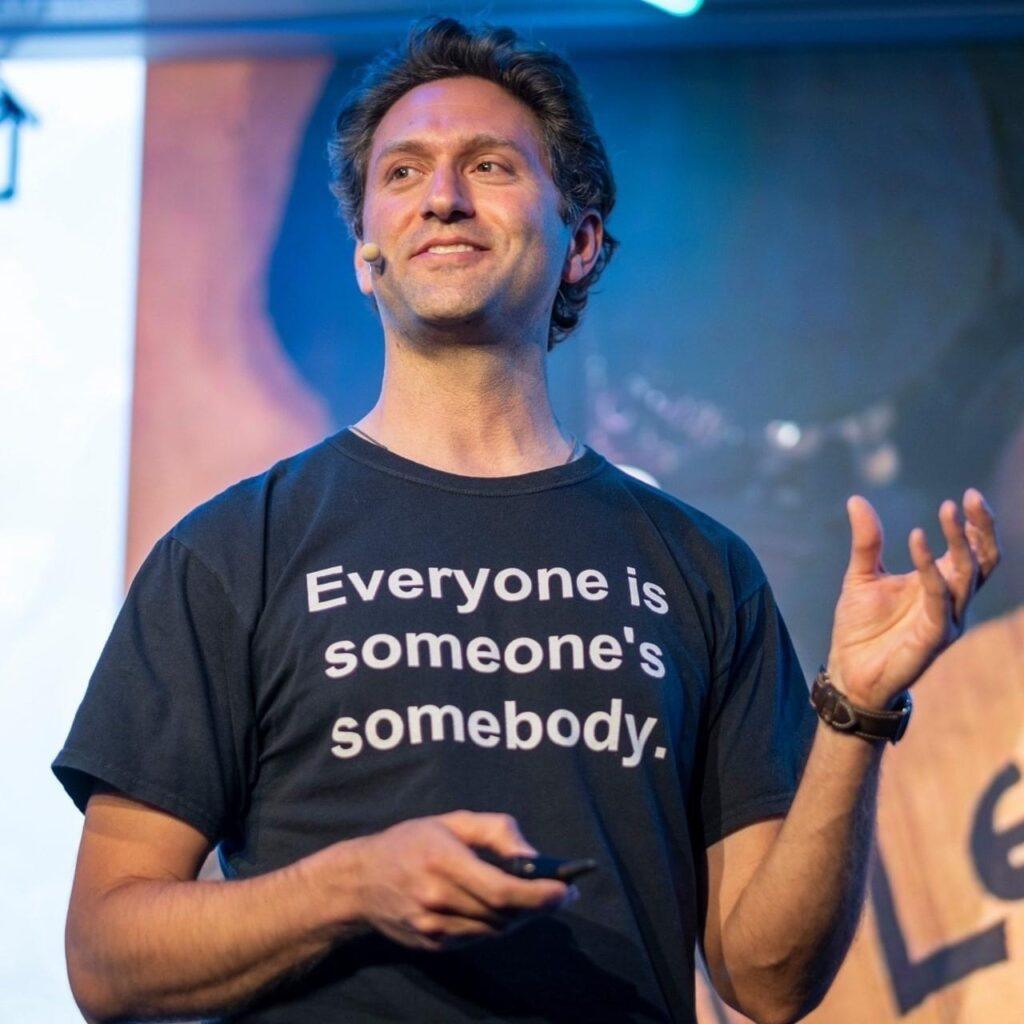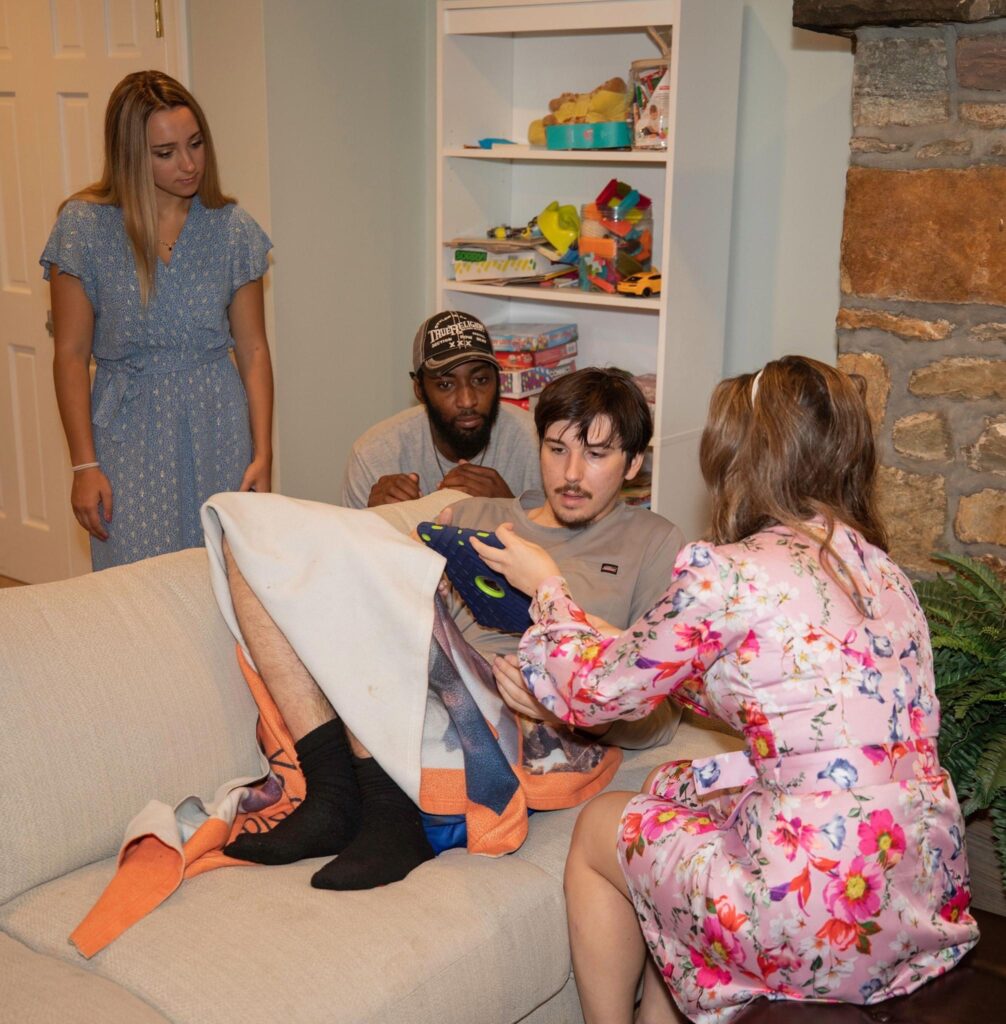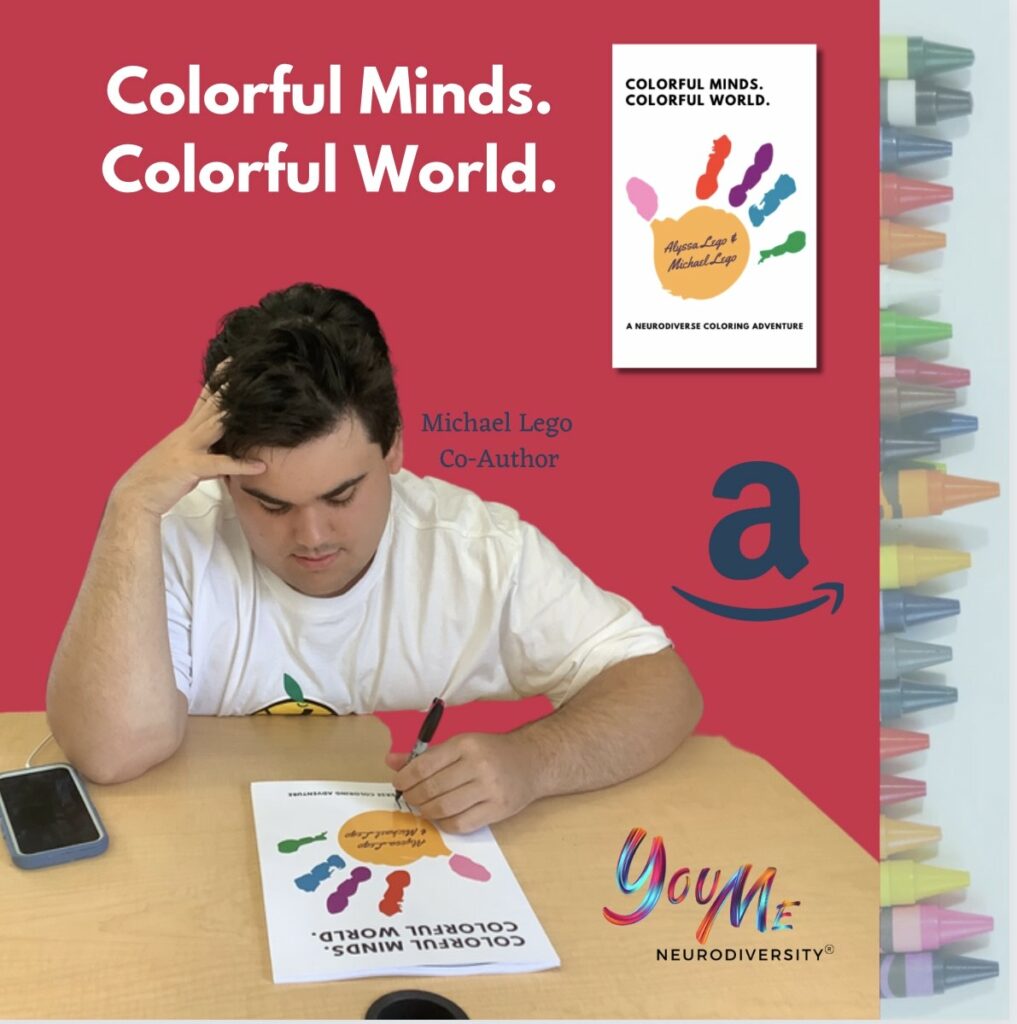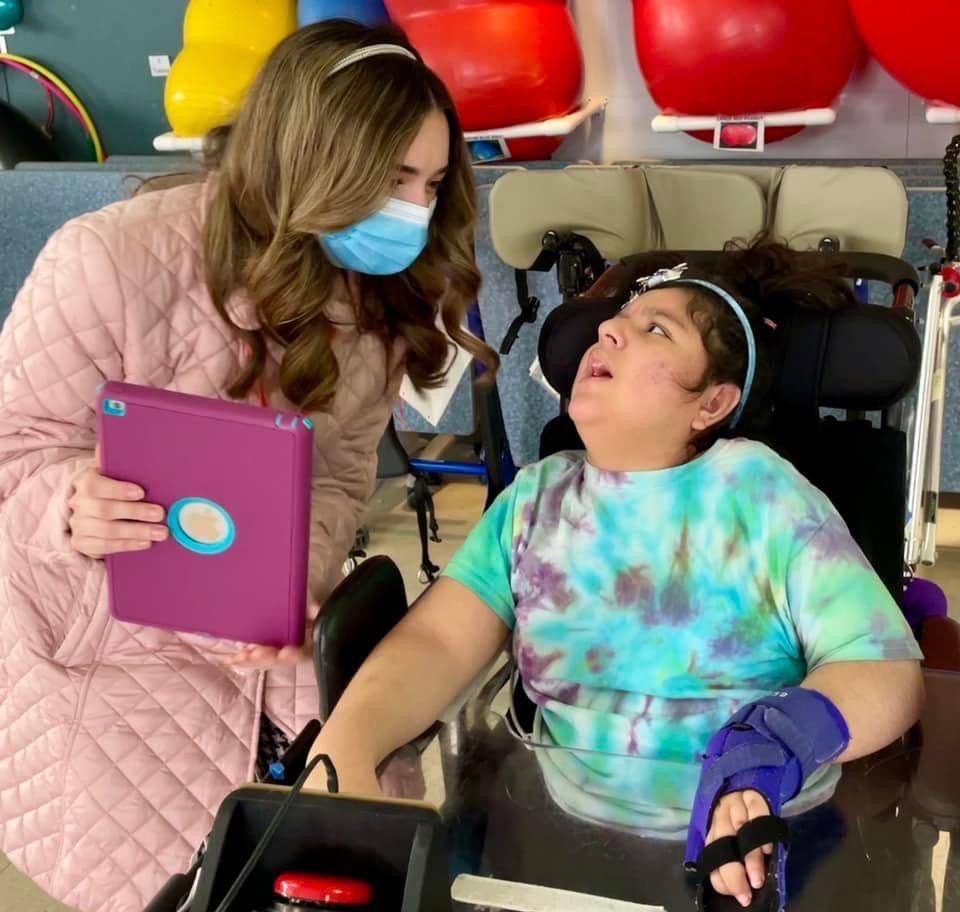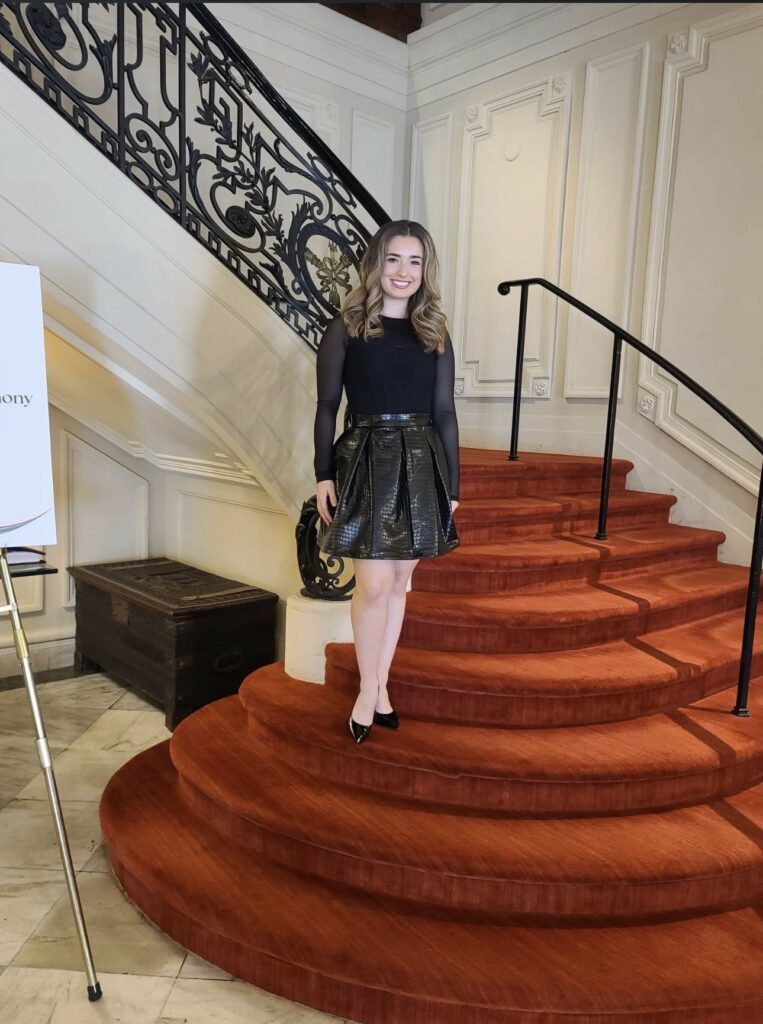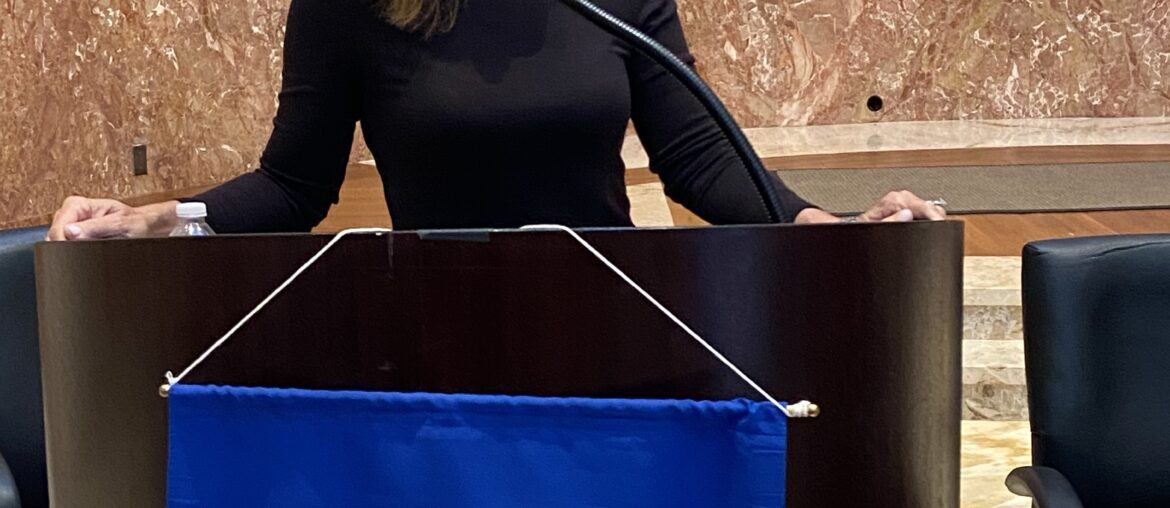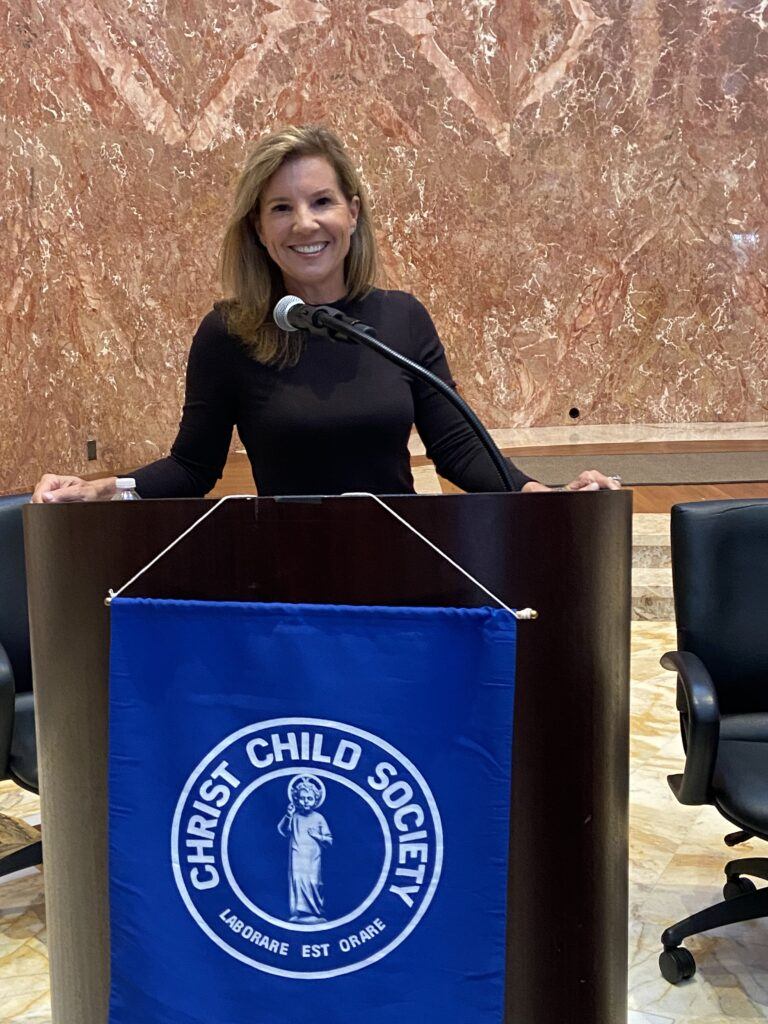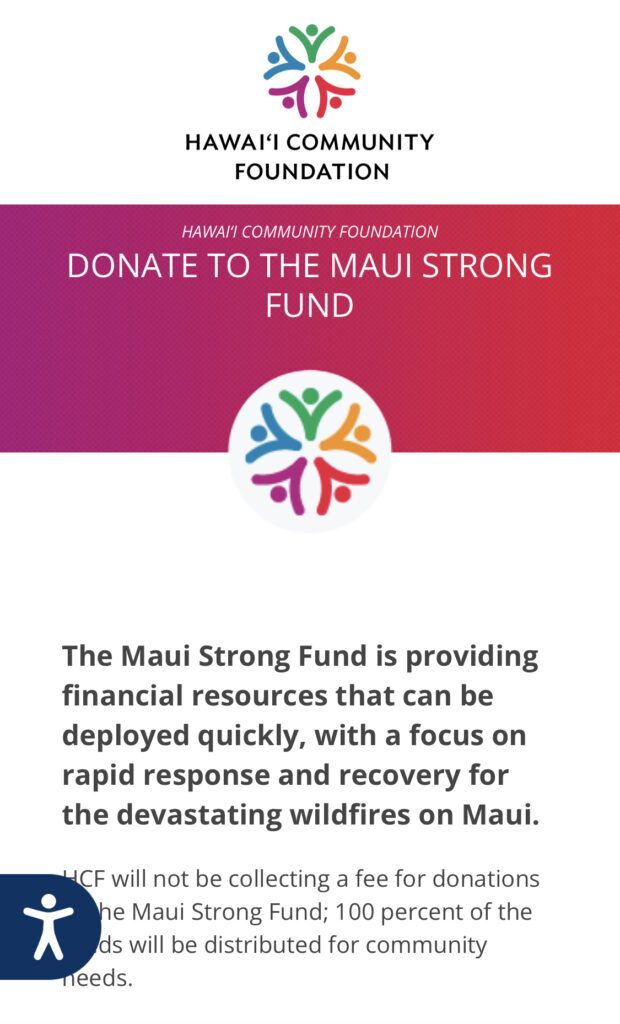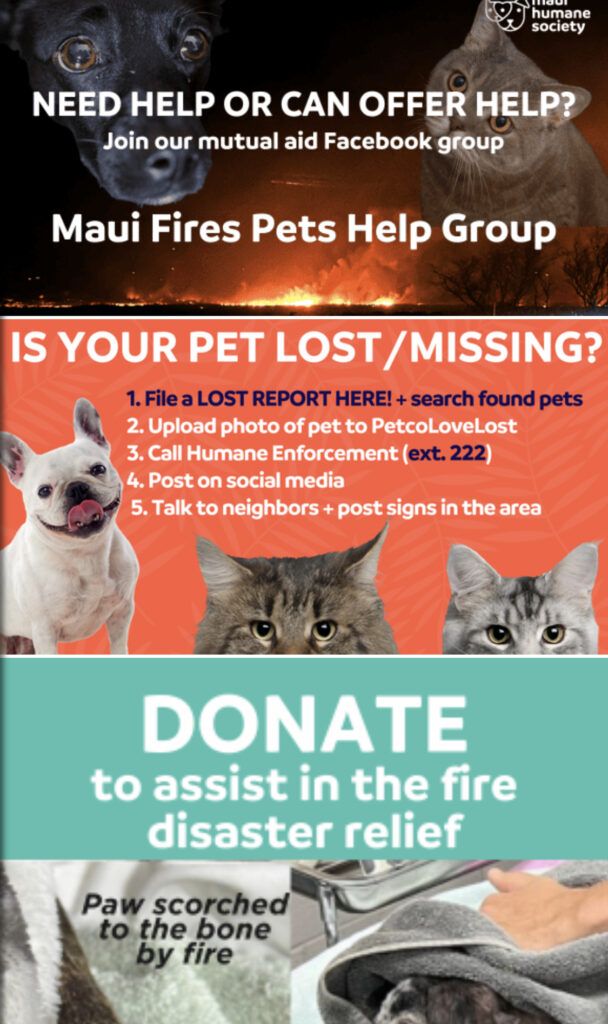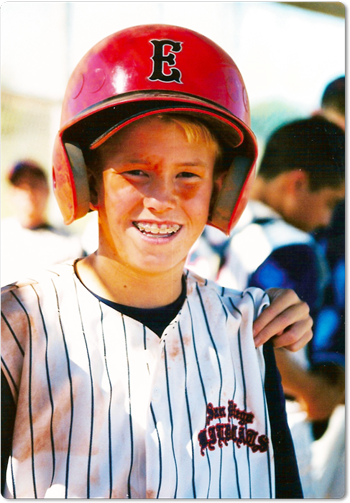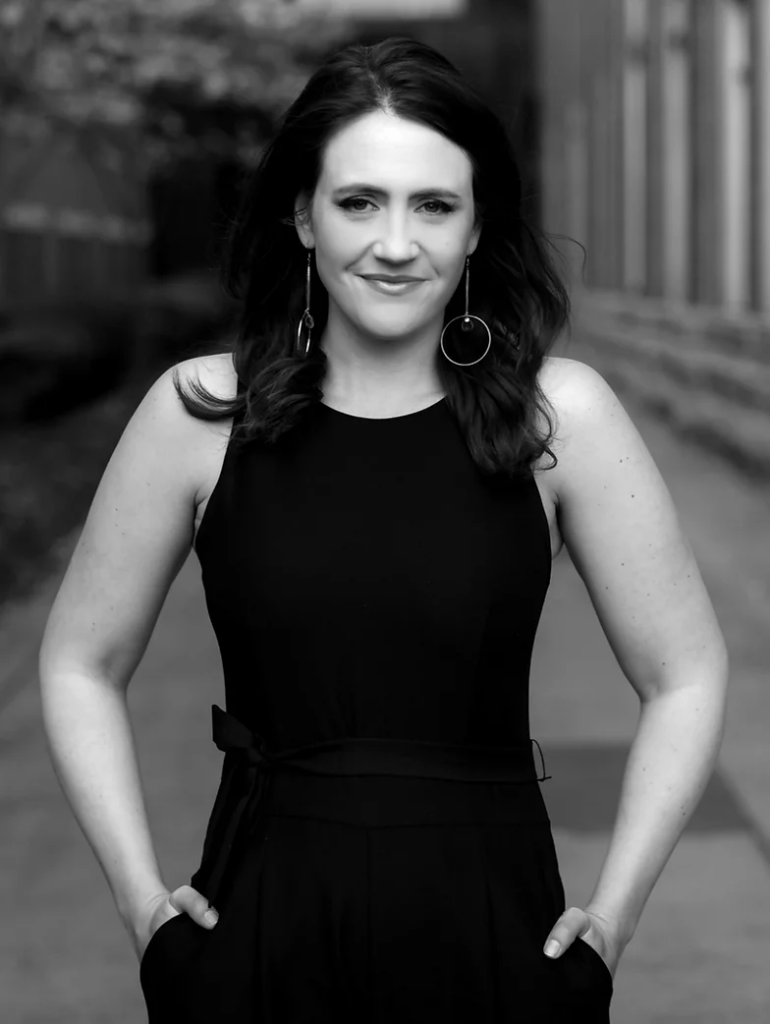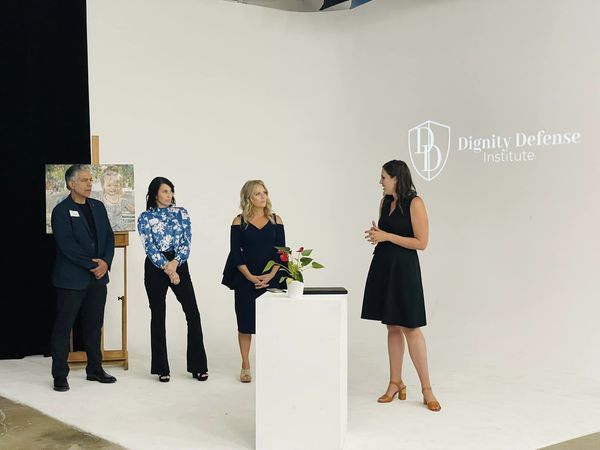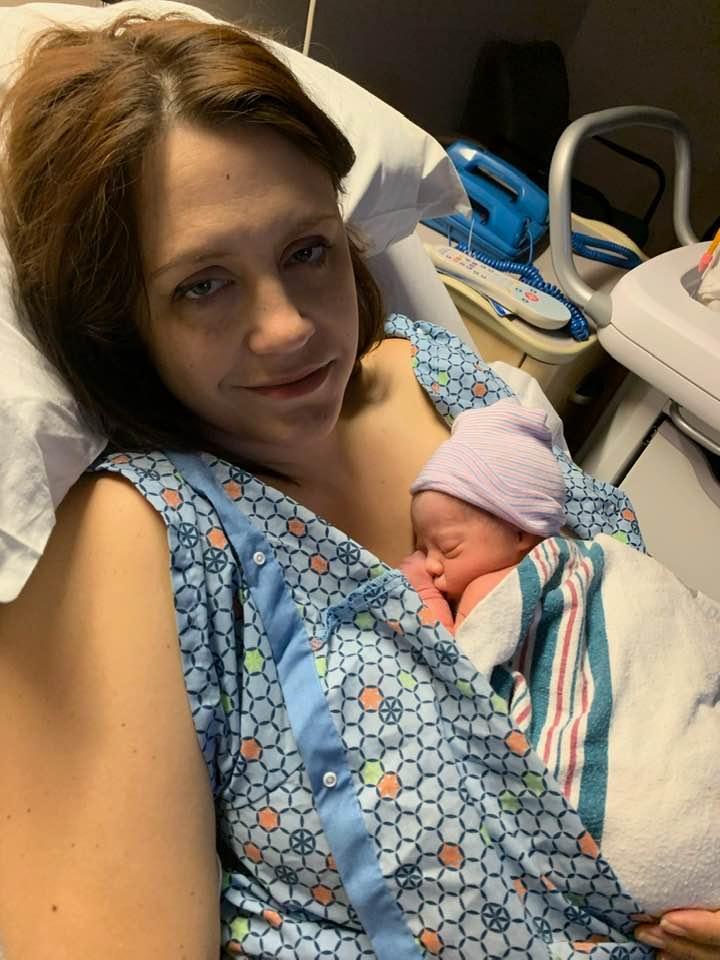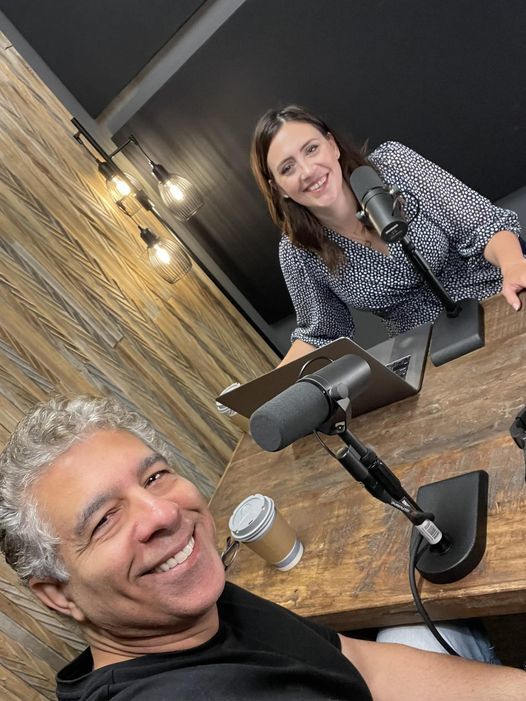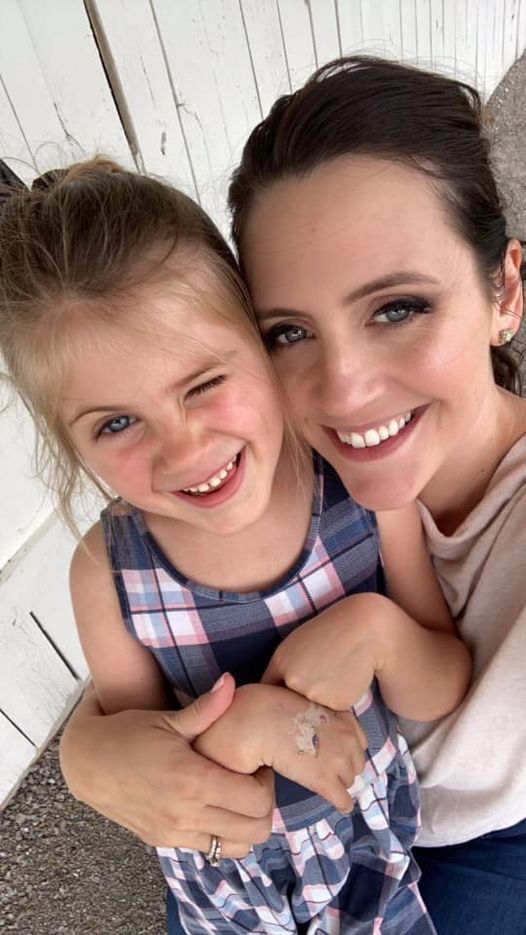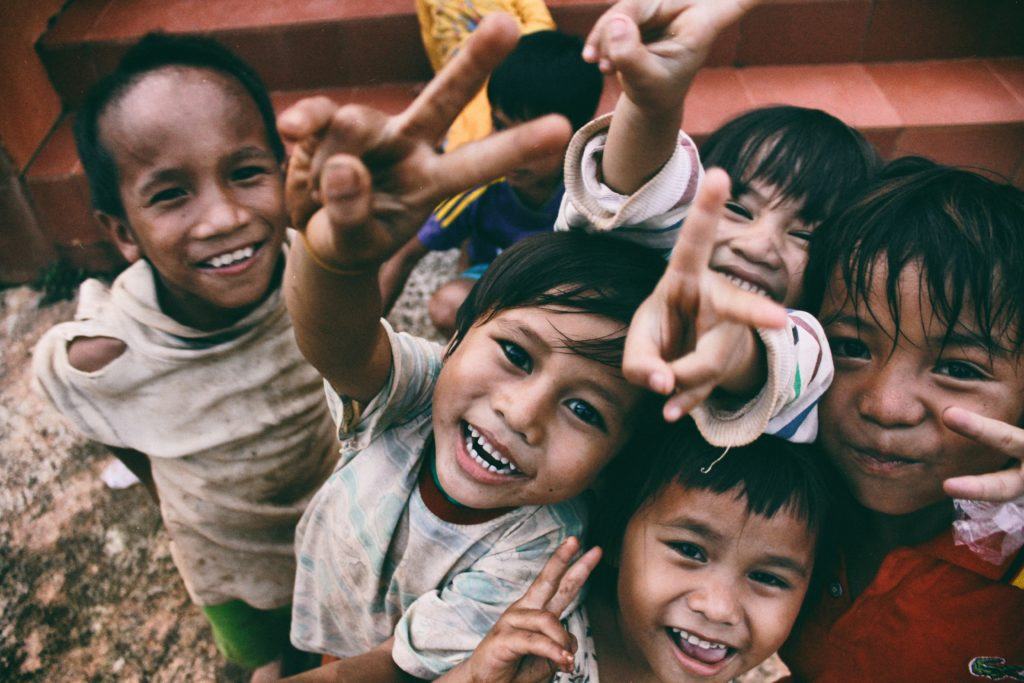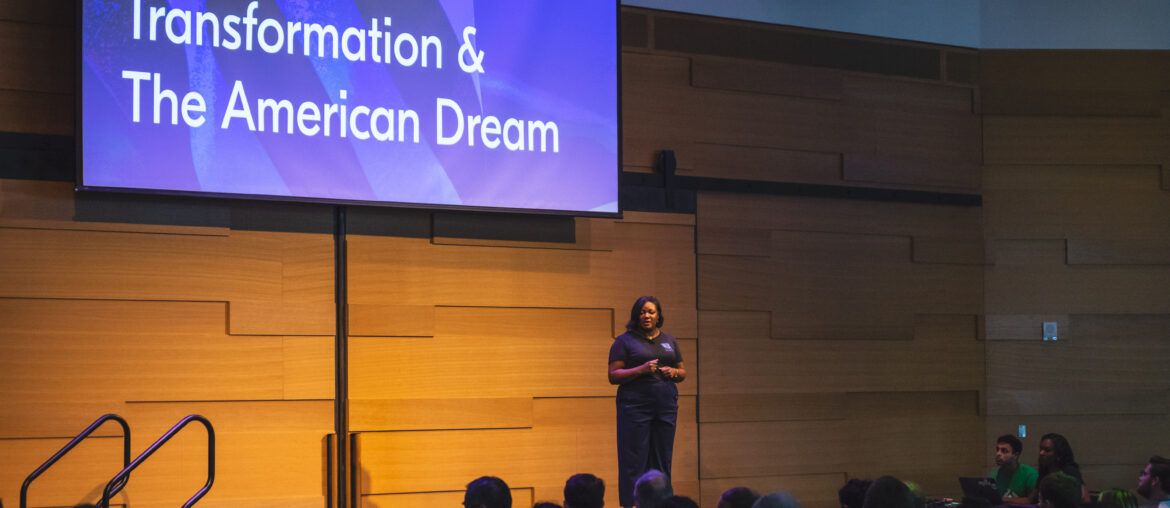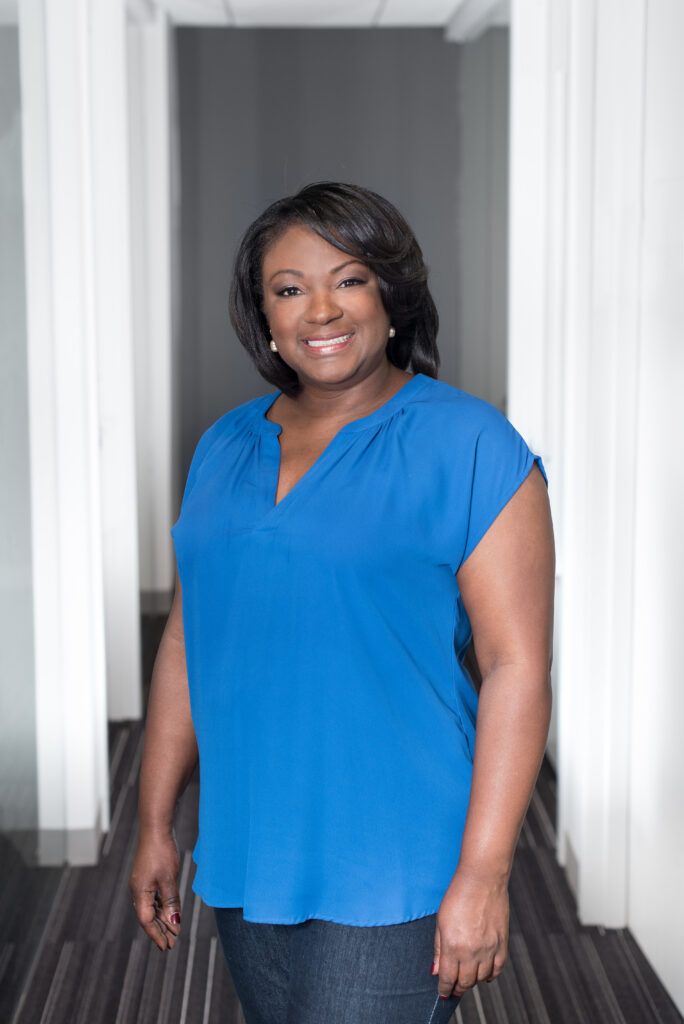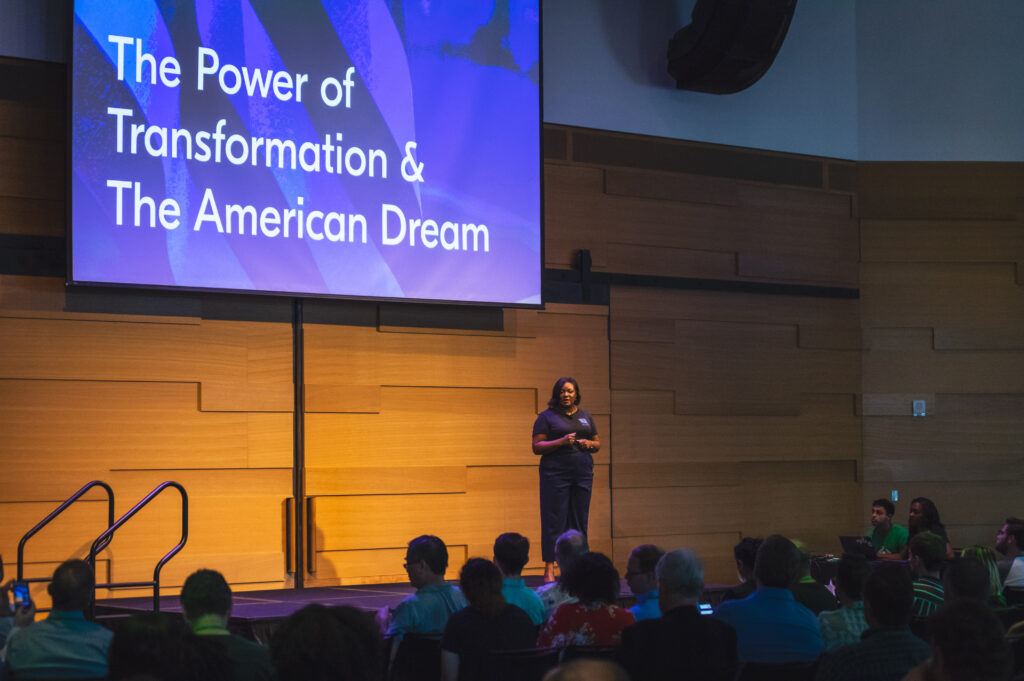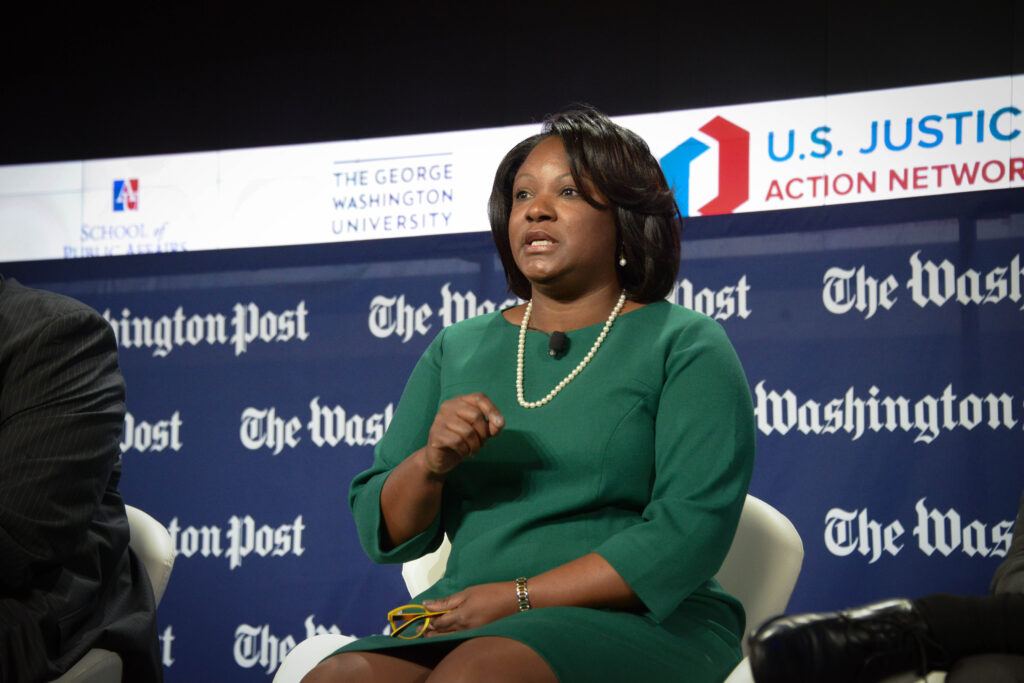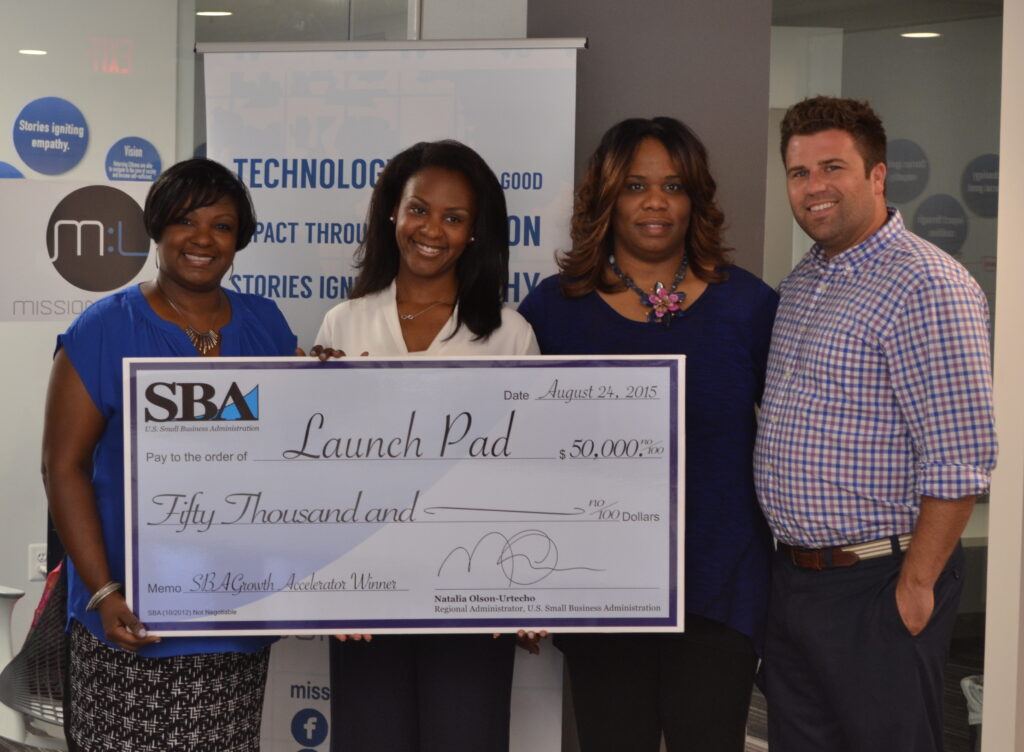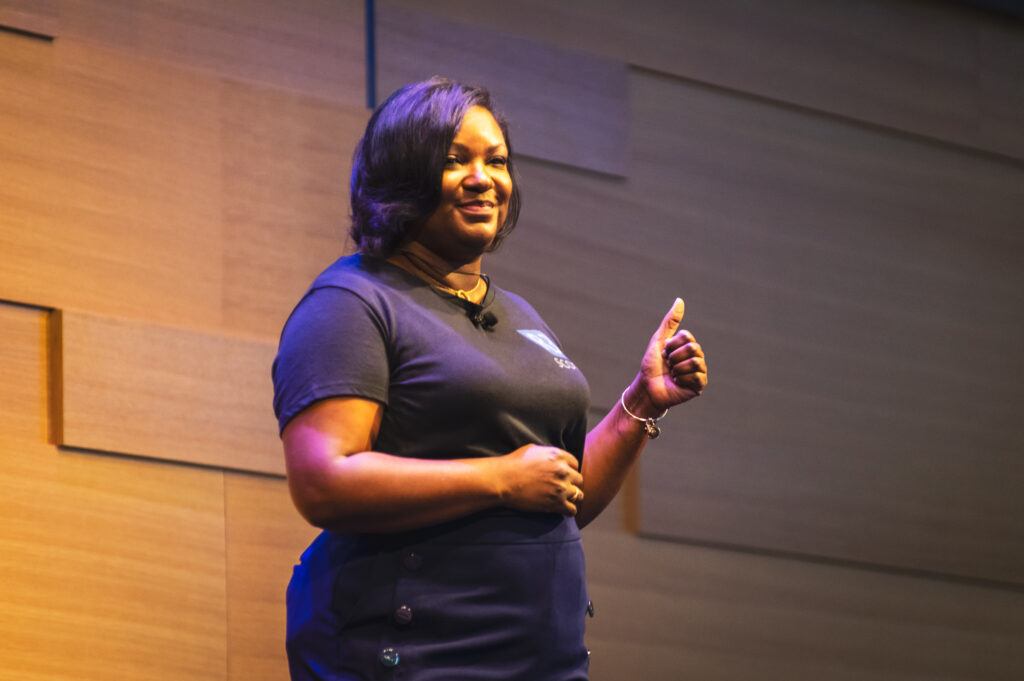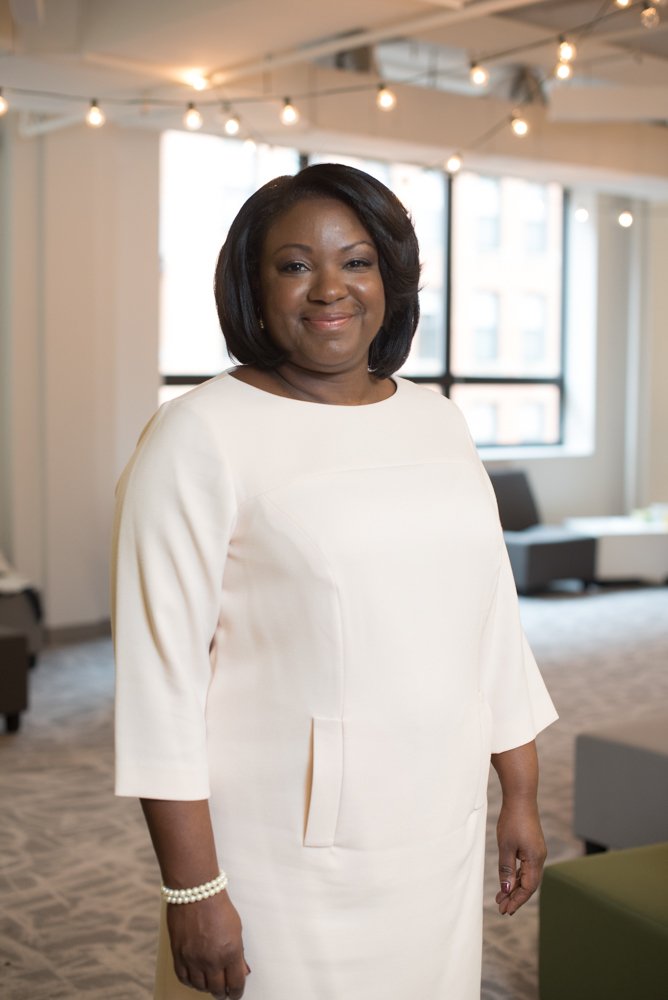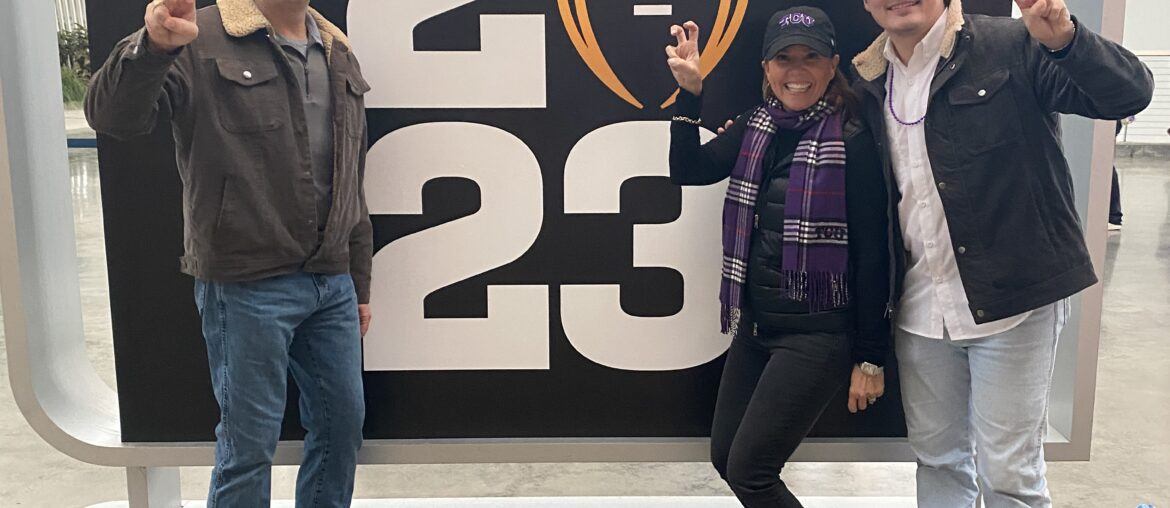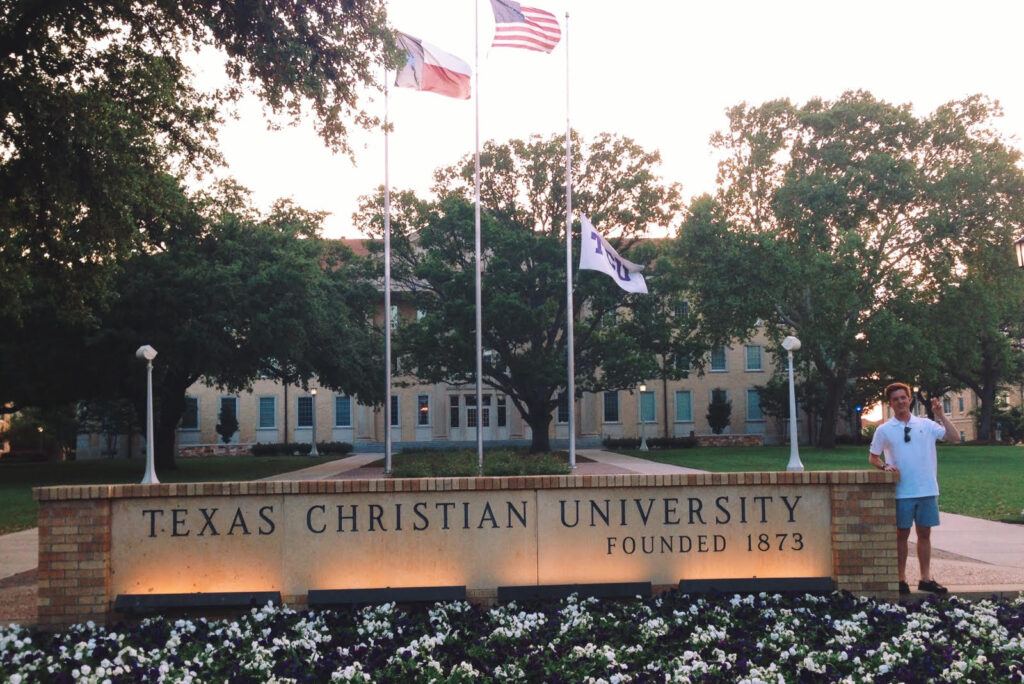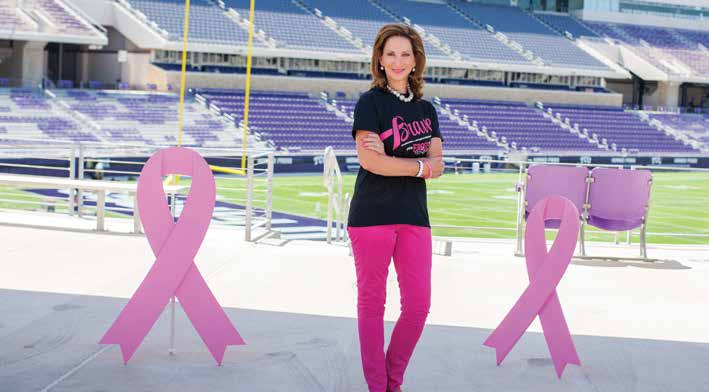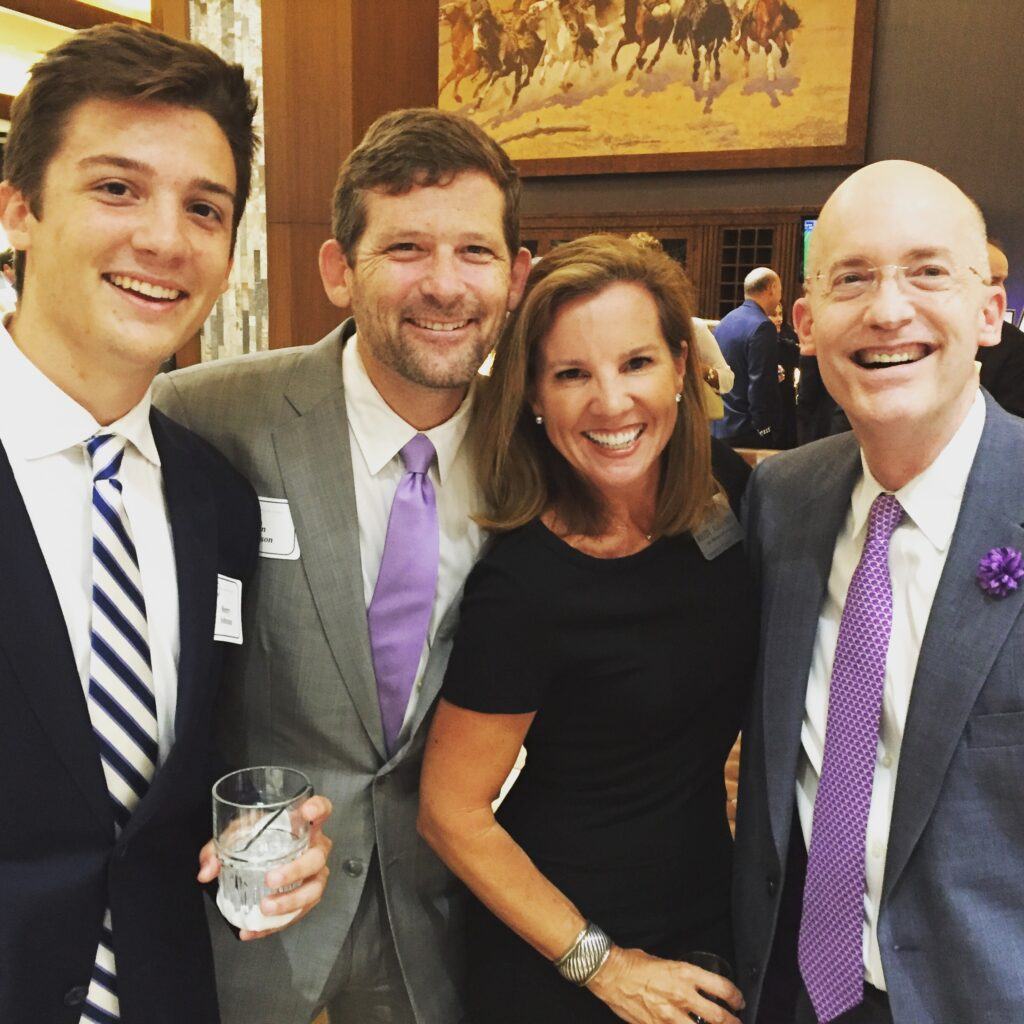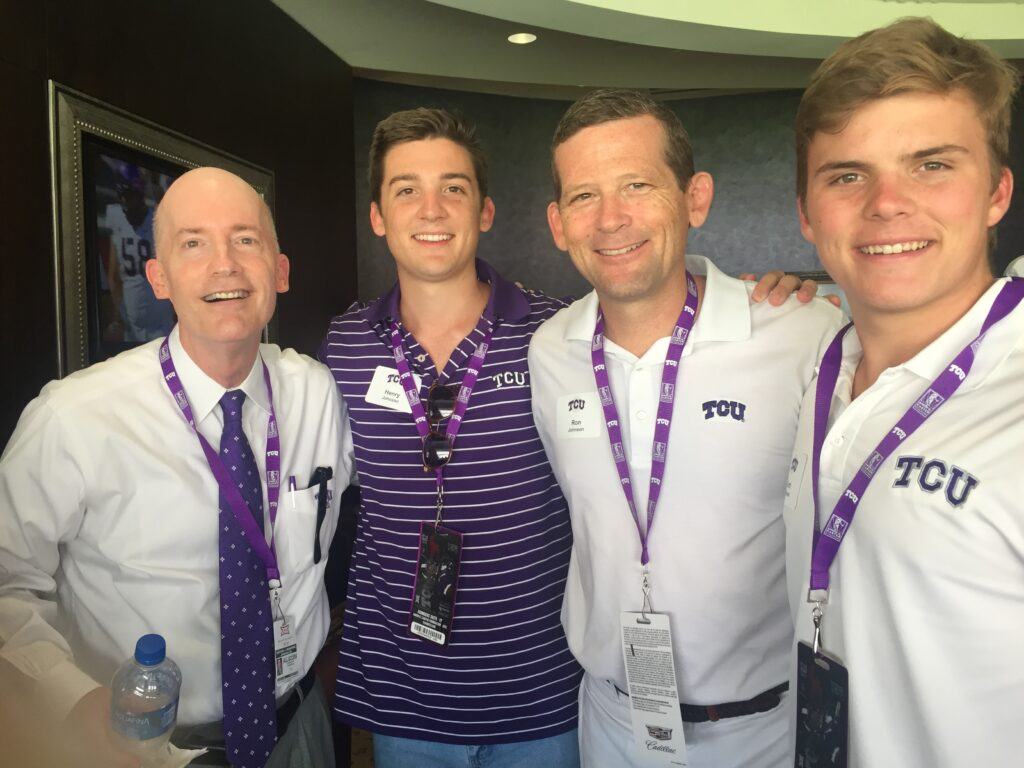A few weeks ago a friend reached out and said, “Heidi, you need to know Claudia.” She was right, I did. You do too. So I am excited to introduce you today to the founder of 4GIRLS, Claudia Copely. Join us for an empowering conversation about her amazing work helping young girls to identify themselves as authentic, confident and resilient preparing them for real life success.
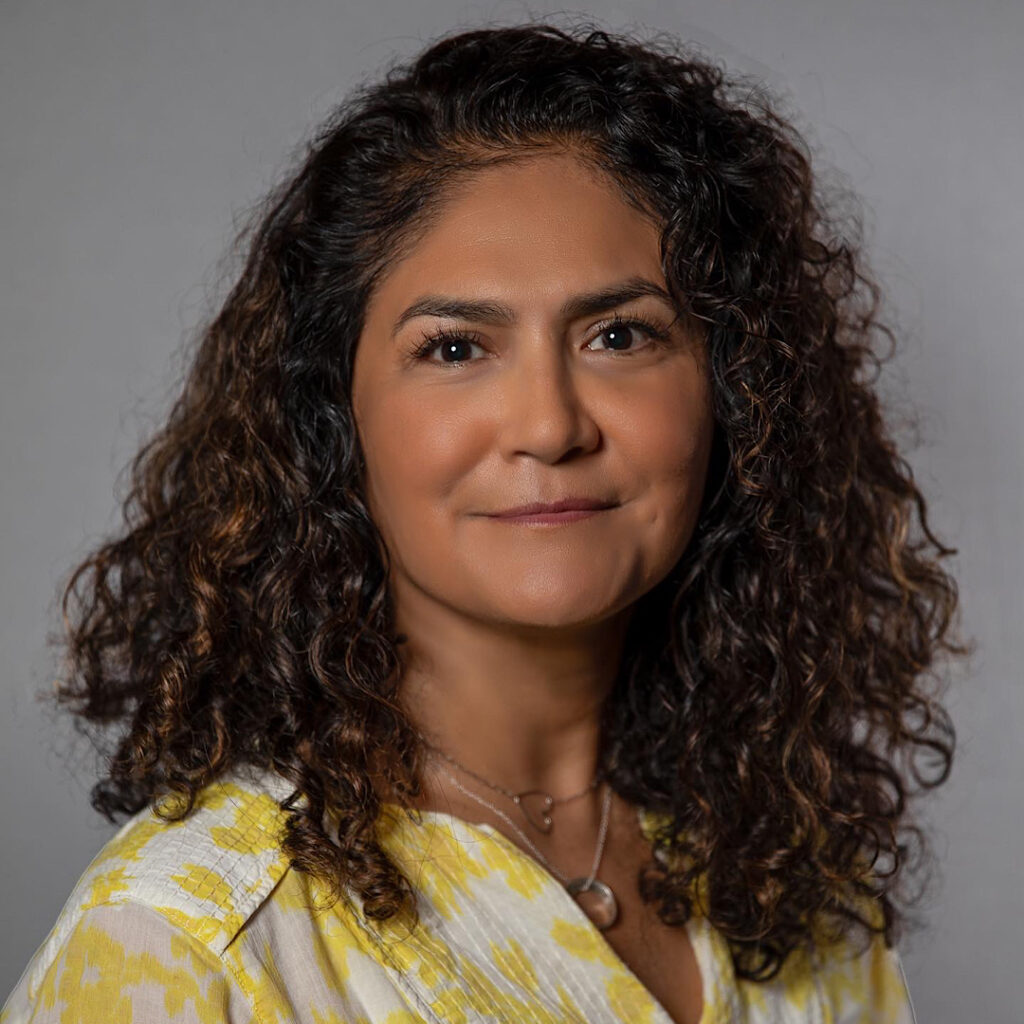
Here are a few highlights from our conversation:
Charity Matters: Tell us a little about what 4Girls does?
Claudia Copely: Our mission is to empower and inspire middle school girls so that they identify as confident, authentic and resilient. Preparing them for real life success.
Charity Matters: Did you grow up Giving Back?
Claudia Copely: I did not learn philanthropy or giving back in my household. I grew up in a household that was very dysfunctional, and there was a lot of trauma. It was more about let’s just survive, let alone do any type of philanthropic work. There was a piece of me that helping others is innate. I think all of us know to our core what is true. I think my one of my core values is generosity and connection. I love meeting new individuals and connecting. So I think for me it was a drive that was big for me.
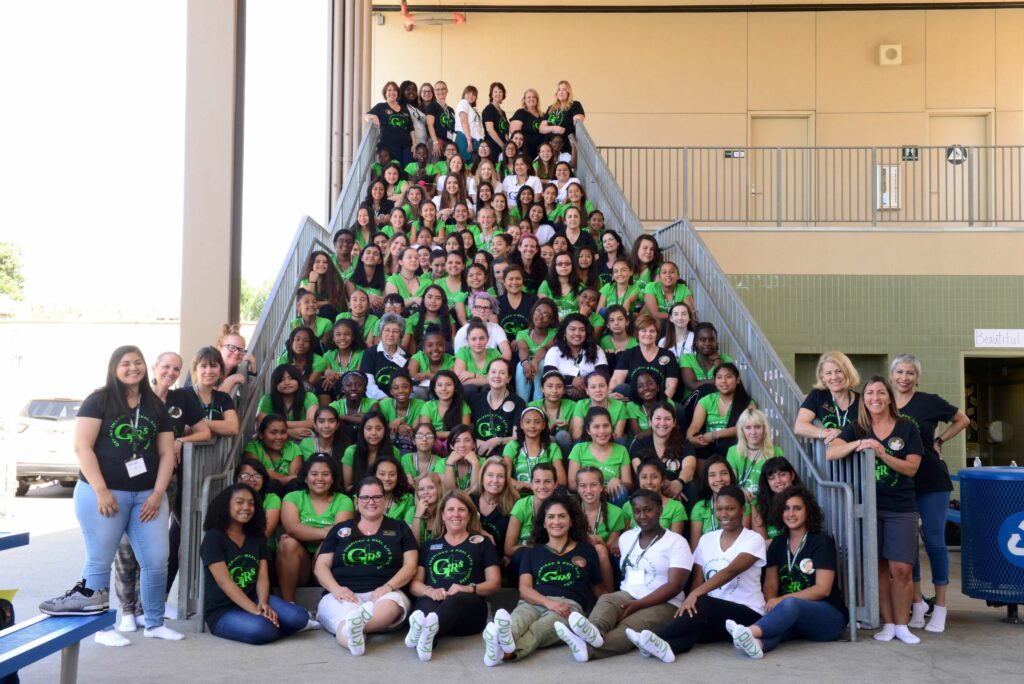
Charity Matters: What was the moment you knew you needed to act and start 4Girls?
Claudia Copely: So I was at a women’s conference and there were 100,000 people there. The central theme from the host, Maria Shriver, was what are you gonna do for your community? How are you going to be an architect of change? I was so inspired, empowered, and I left there driving home thinking what am I gonna do? I can be an architect of change. Then all of a sudden, this voice crept into my head, and it said, ” What are you gonna do? We’re gonna want to be part of anything you do.” It stopped me in my tracks.
I followed the thread. And I thought for me it was middle school, that tough time where I just didn’t know what to do with myself. I just felt lost, not just because of the trauma and dysfunction in my house but I just felt so alone. I’m the only one experiencing all this. Driving home from the conference, I thought why not have a conference similar to what Maria Shriver has done brilliantly? Lets focus just on empowering and inspiring middle school girls, just that target.
I polled all of my friends and everybody across the board said Middle School was the hardest time. I decided that I’m going to create a community. I had to read Nonprofits for Dummies because I was coming from the corporate world.
Charity Matters: What are your biggest challenges?
Claudia Copely: I think the biggest challenges were at that time and still are visibility and outreach. We are a 100% volunteer organization. With what I get paid I could not buy a loaf of bread. But I could light up a room. Being a 100% volunteer organization is a good really good thing, or a really bad thing
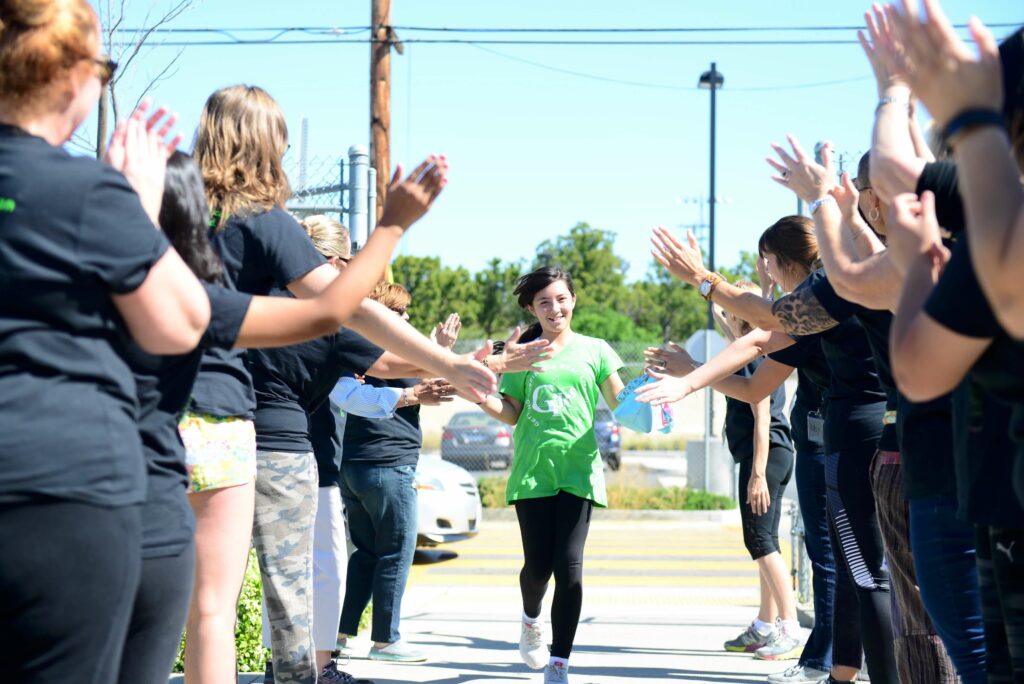
Charity Matters: What fuels you to keep doing this work?
Claudia Copely: A few things, first the communit. The connection to some really great amazing humans that are really talented, hardworking women that I’m surrounded by. It’s beautiful to see what we create for these girls. At the end of the two day workshop, we invite girls to come up to the stage and to share their empowering word. We have words all over the room, so they can pick one. But some of the girls that come up are thinking, “I would never come up and speak in front of a room full of people.
By Sunday, there’s a line to come up and share their empowering word. And we ask them to do that in order to give them a sense of identity. They can have this word that they can grow into and see how it feels. There’s been many girls throughout the 13 years. But there was one in particular, who said,” My word is valuable. Because before this workshop, before today, I didn’t realize how valuable I was. Now I know that I’m valuable.” It gets me every time.
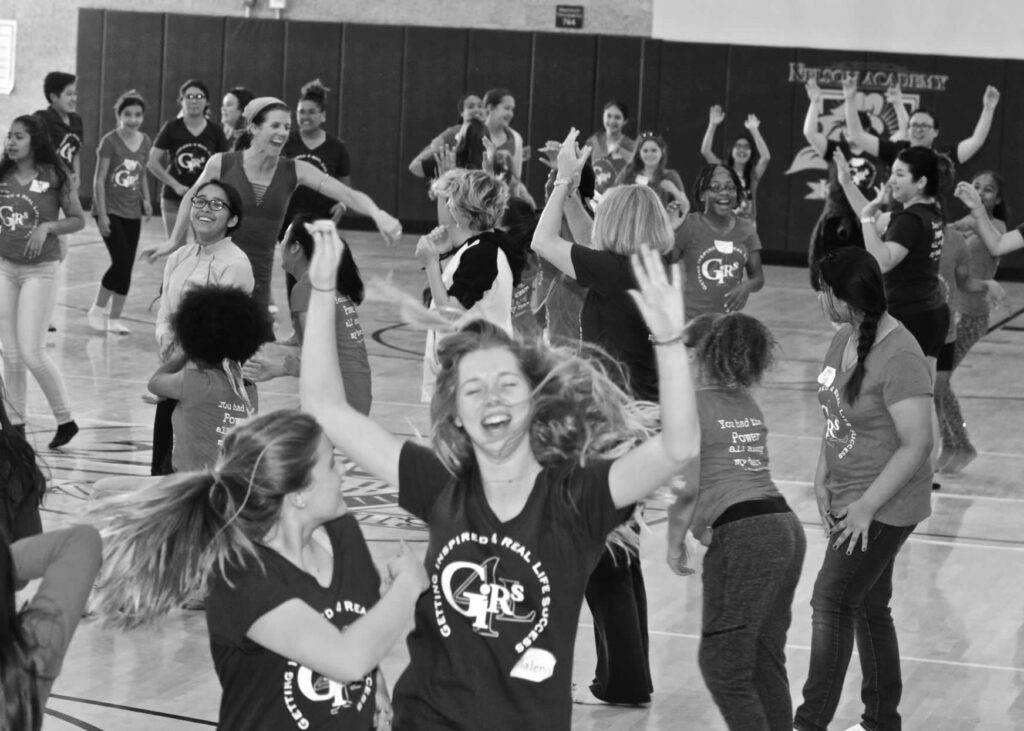
Charity Matters: Tell us what success you have had and what your impact has been?
Claudia Copely: You can’t put on a grant paper or proposal, a parent coming up to you and saying, “Oh, my gosh, what did you do to my child? They are a whole different person, they believe in themselves, they have more confident, they’re engaging with us. Thank you!” The mother will tell me with tears in her eyes. Thank you.
Then the second, which I’m seeing it right before my eyes. So we now have a few girls that had gone through the program when they were in sixth grade, seventh, and eighth grades. Then they became high school as mentors all through high school. Now they’re in their first years of college and they’re sitting with us at the board table. They are being part of the workshop team, which helps us to create the agenda, the curriculum, and stay relevant to what the girls need. They’re there with us in the trenches, creating this, this workshop and forming it to the next generation. That impact is that the seeds that were being planted are now going to be harvested.
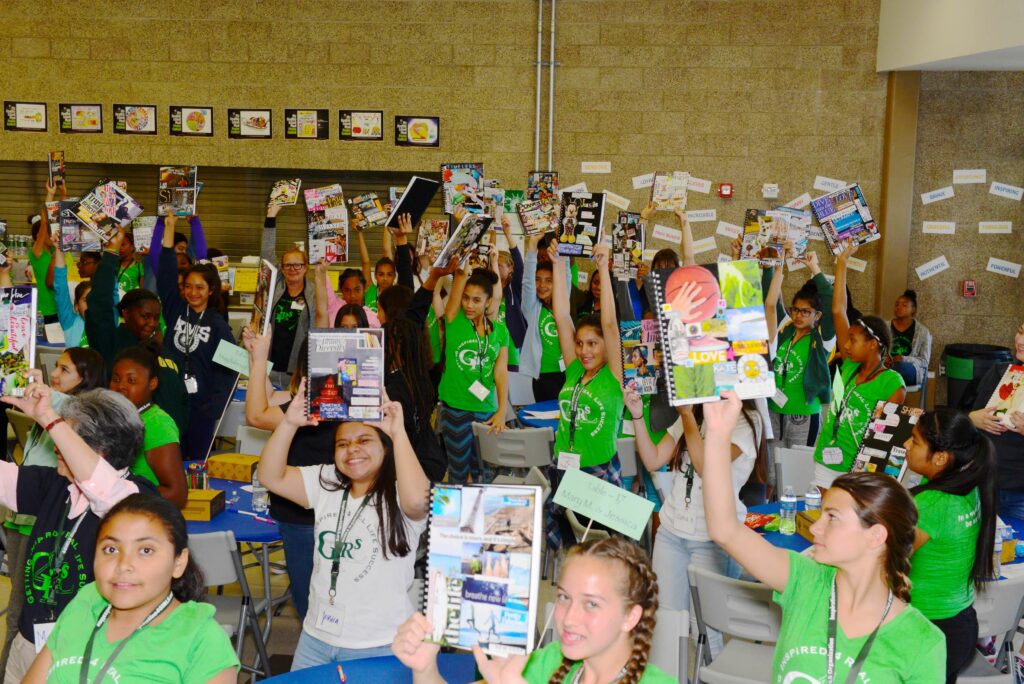
Charity Matters: If you could dream any dream for your organization, what would that be?
Claudia Copely: I would say visibility and outreach. I think because we still are like considered a grassroots organization. I’d love that broader reach.
Charity Matters: What life lessons have you learned from this experience?
Claudia Copely: I’ve learned that we are more common than we are different. That’s for sure. I’ve learned that we really want to be seen, heard and validated. Most of us really want to connect with other people. And I really enjoy making those connections and working with individuals that have different perspectives. I get to learn from all these amazing humans.
Charity Matters: How has this journey changed you?
Claudia Copely: The journey has provided me with a strong sense of my purpose. I know I love empowering individuals. While my degrees are in international business, but I’m now trained and accredited as an empowerment coach. That fulfills me so much and fuels me. I’m definitely more purposeful, more mindful, more aware. Everybody gets to participate on this earth. We’re here at this moment and that’s all we got. Let’s give each other room to create and be who we want to be
In order to do this work I had to change my life. I had to let go of those limited beliefs in order for 4GIRLS to be born and to help it. If I would have stayed with those limited beliefs and my self sabotaging behavior this would have never happened. So I just I love helping individuals letting go of those beliefs. We all have them. Let’s do what we can get rid of them. When we can move the inside, beautiful, magical things happen.
CHARITY MATTERS.
YOUR REFERRAL IS THE GREATEST COMPLIMENT, IF YOU ARE SO MOVED OR INSPIRED, WE WOULD LOVE YOU TO SHARE AND INSPIRE ANOTHER. If you enjoyed today’s episode, please connect with us:
- www.Charity-Matters.com
- On IG @Charitymatters
- Post a screenshot & key takeaway on your IG story and tag me @heidijohnsonoffical and @Charitymatters so we can repost you.
- Leave a positive review on Apple Podcasts
- Subscribe to new episodes each week!
Copyright © 2024 Charity Matters. This article may not be reproduced without explicit written permission; if you are not reading this in your newsreader, the site you are viewing is illegally infringing our copyright. We would be grateful if you contact us.

